New things are coming!
After quite a bit of planning, testing, and replanning, we will be launching a new version of the website within the net couple months. We
After quite a bit of planning, testing, and replanning, we will be launching a new version of the website within the net couple months. We
by Amanda C. R. Clark with Sophia Du Val Halcyon Panacea hal·cy·on| ˈhalsēən | adjective denoting a period of time in the past that was idyllically happy and peaceful pan·a·ce·a| ˌpanəˈsēə | noun a solution or remedy for all difficulties or
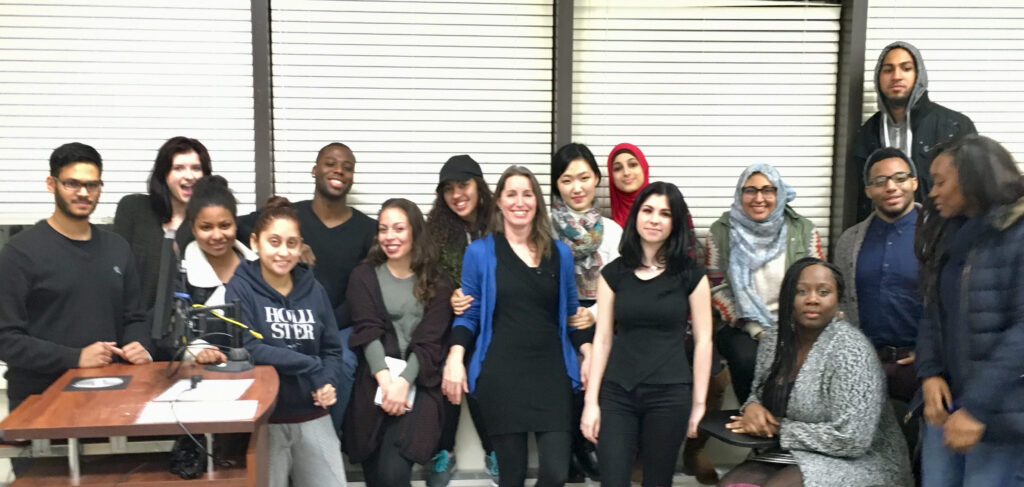
by Sara Whitestone In a small Virginia town I mistakenly make an illegal U-turn. A police officer immediately pulls me over. I immediately start crying.
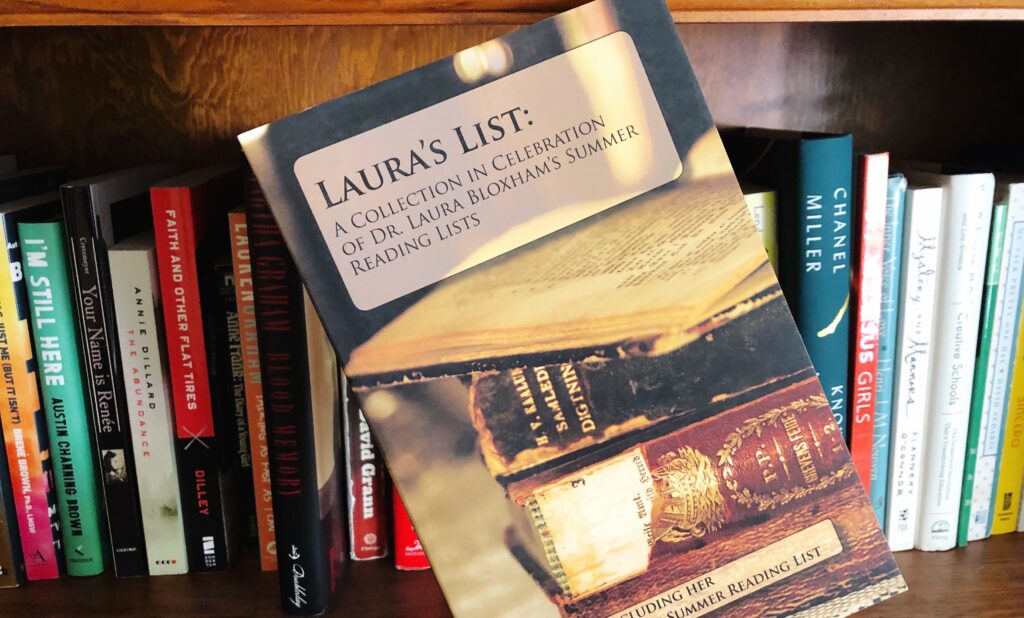
by Julie Riddle I miss Laura Bloxham. She died in November 2019, and even though she had coped with significant health issues for years, her
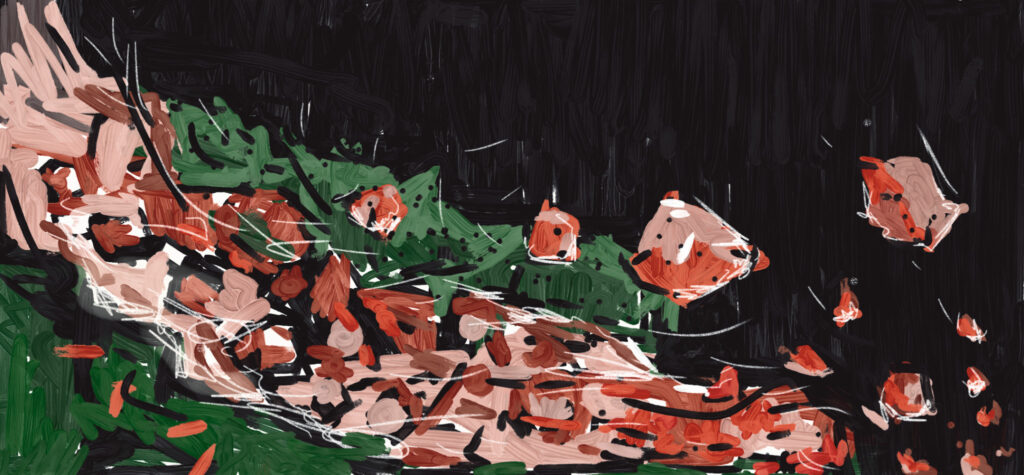
by Sara Whitestone January 21 “Well, Mom, it’s been 14 days, and Zhi and I have no symptoms,” my daughter tells me over the phone.

by Amanda C. R. Clark Available for purchase is a perfume named “Paperback,” another called “Replica: Whispers in the Library” (which claims to smell like
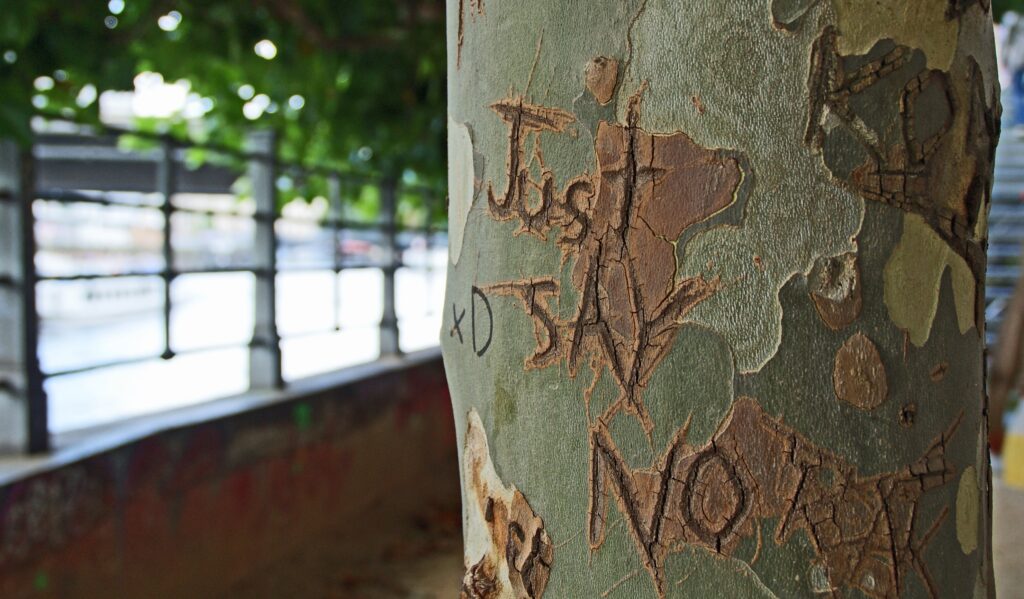
by Ann Marie Bausch I must confess: just the idea of writing about discomfort made me, well, uncomfortable. We live in a frightening world. Many
by Susannah Brister Proverbs 13:12 “Hope deferred makes the heart sick, but desire fulfilled is a tree of life.” I have always hated New Year’s resolutions.
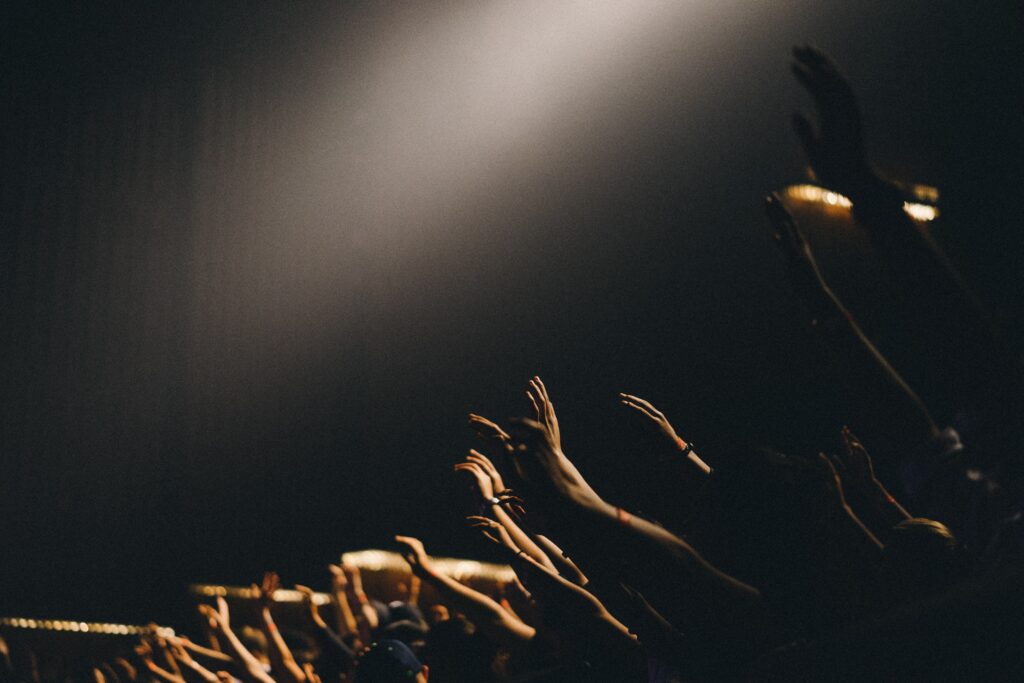
by Liz Backstrom There ought to be behind the door of every happy, contented man someone standing with a hammer, continually reminding him with a

by Karen Bjork Kubin The fact is, the jeans found you. Or, technically, your husband brought them home in a pile of thrift store denim
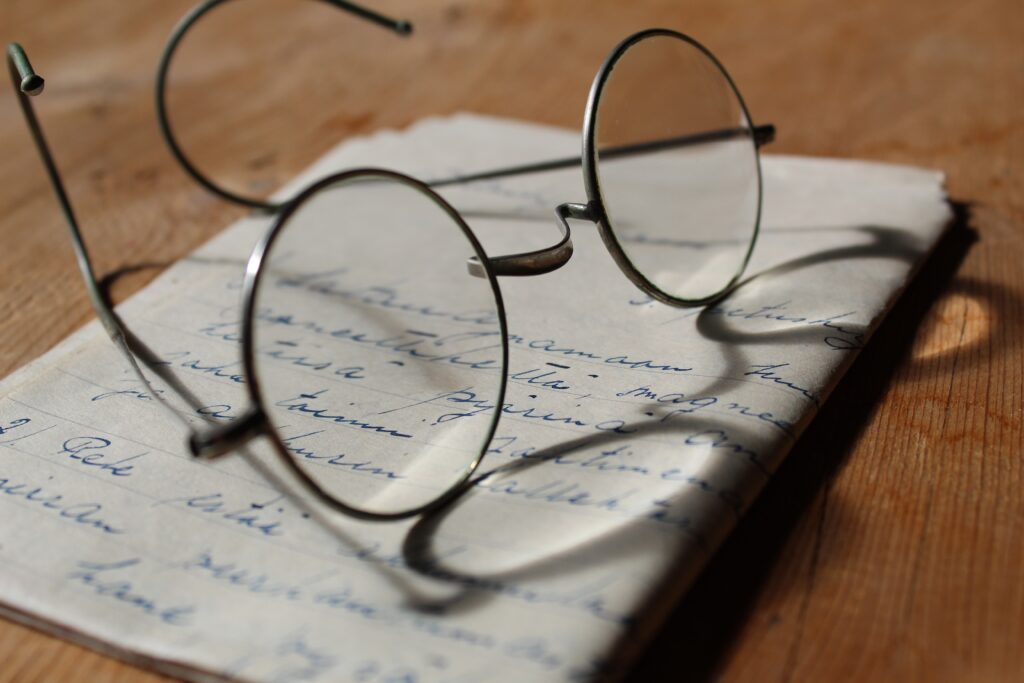
by Julie Riddle During my annual eye exam last November, I asked my optometrist if she was ready for the “2020” jokes she’s sure to
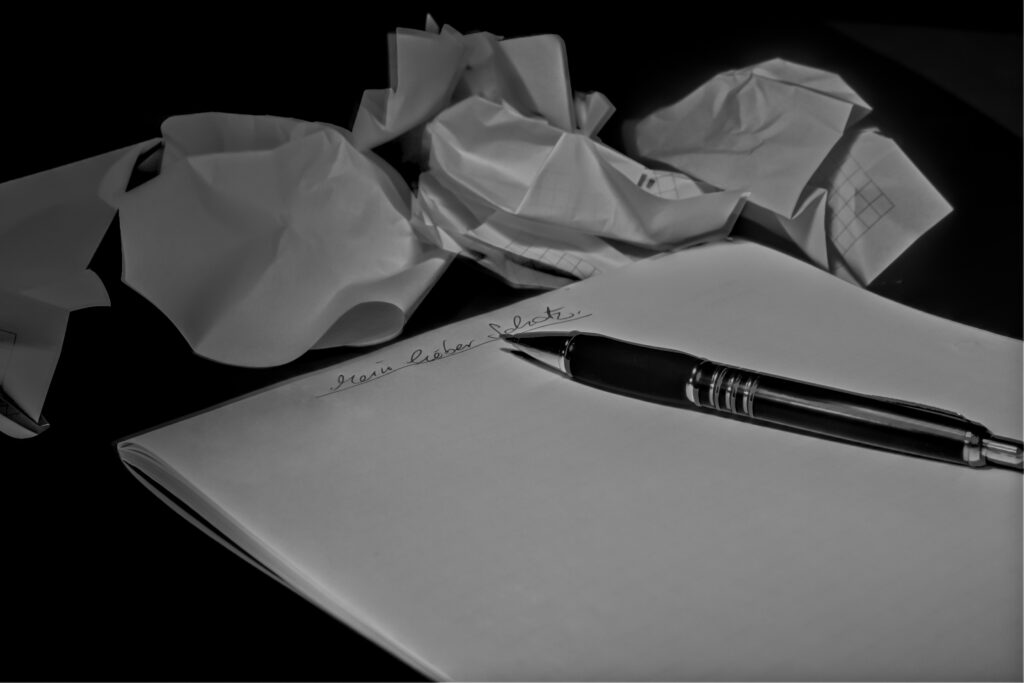
by Meghan Laakso I let out a long, forced exhale as I left the examination room. In my hand I held a light blue piece
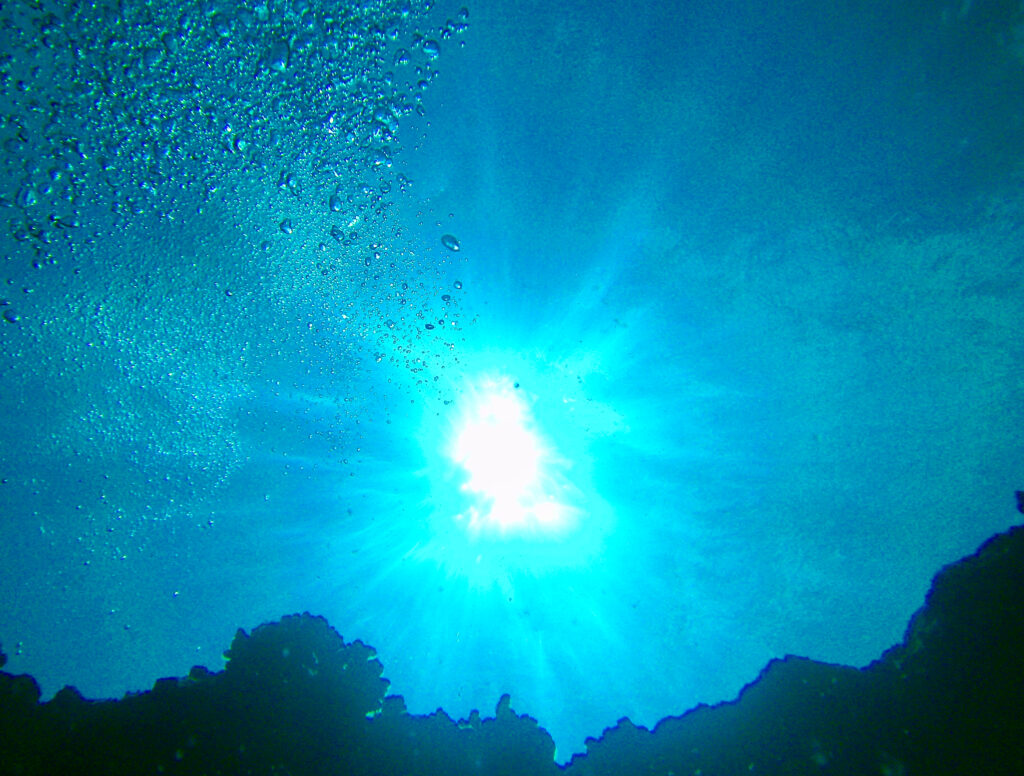
by Sara Whitestone With a splash, I step off the anchored boat. Bobbing in the warm Atlantic waters, I check my equipment one more time,
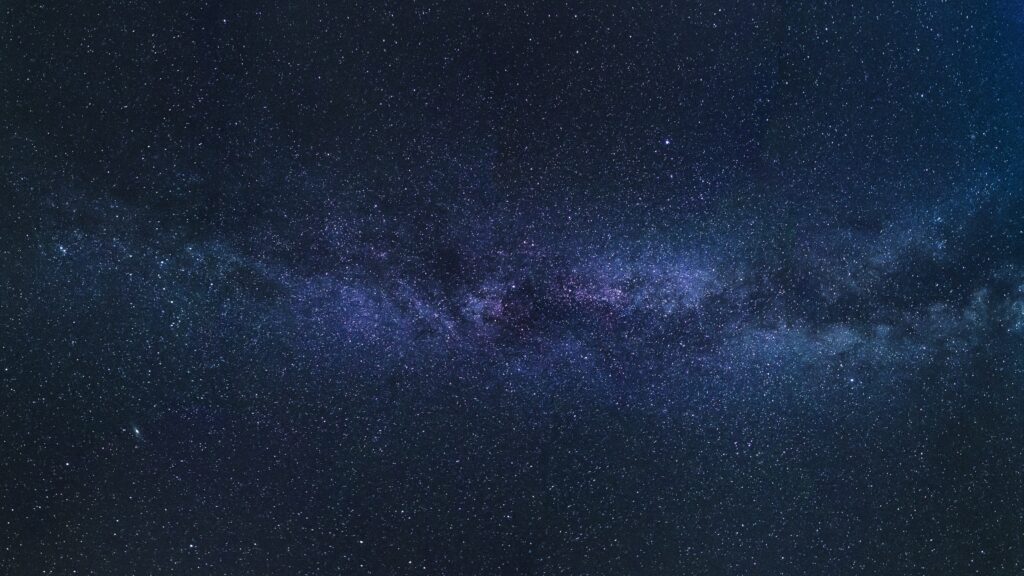
by Liz Backstrom “To do something well you have to like it. That idea is not exactly novel. We’ve got it down to four words:
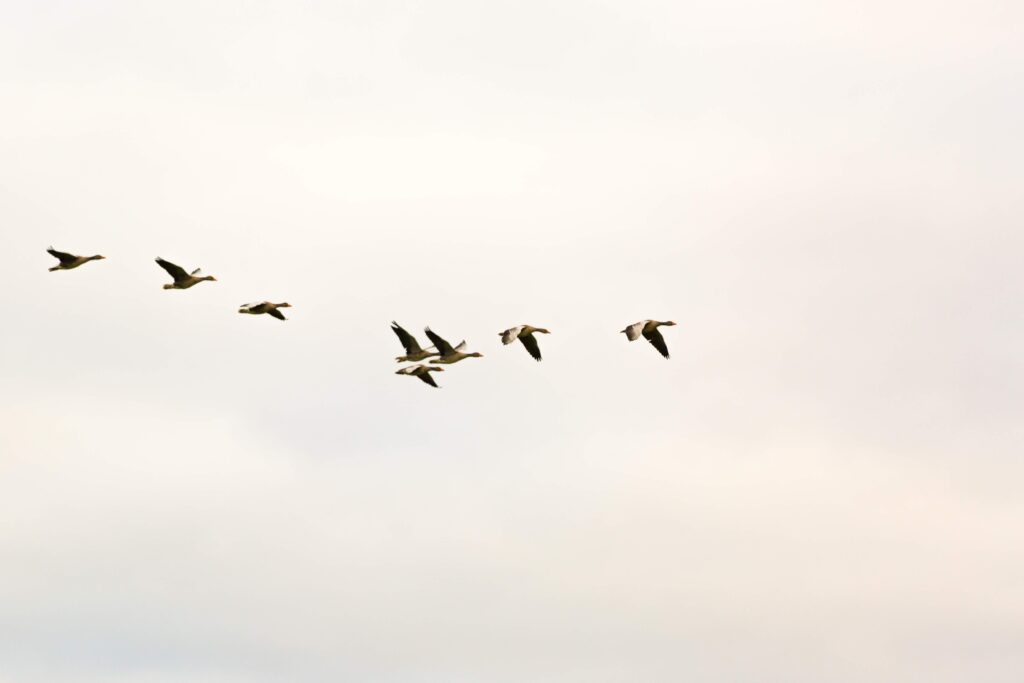
by Emily Hanson Every issue of Rock & Sling witnesses to a myriad of different ideas, feelings, and actions and each piece does so in
by Jessica Dundas The label “Christian Fiction” tends to turn me off. I expect another cleaned up, simplified version of life, where they always get

by Julie Riddle I have a child for you. In an instant these six words dismantled my long-held identity as a woman who had chosen
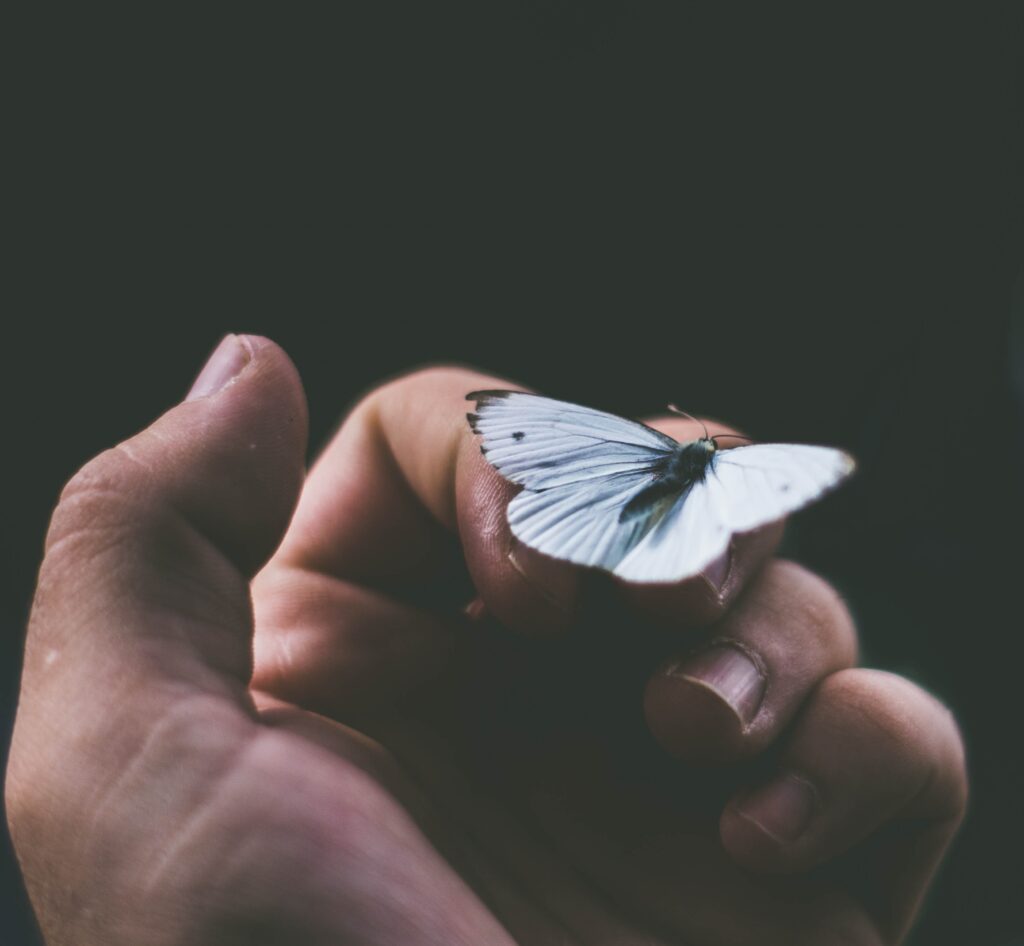
by Karen Bjork Kubin This butterfly is going to sit on your arm for a while, okay? I’m sure I nodded, but I don’t remember.
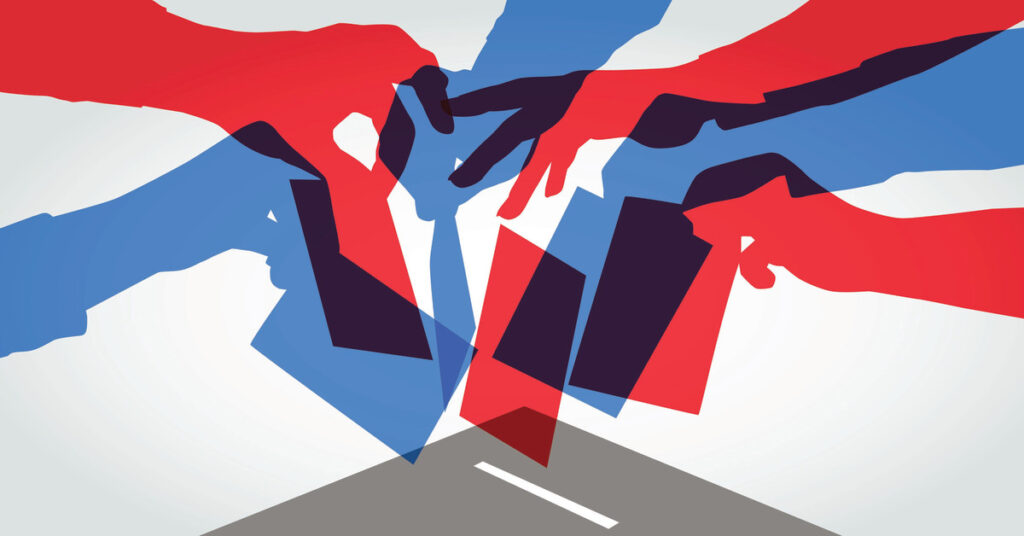
by Alanna Carlson Anyone who knows me knows that I am unabashedly, loudly, political. Not infrequently, a family member (often on the other side of
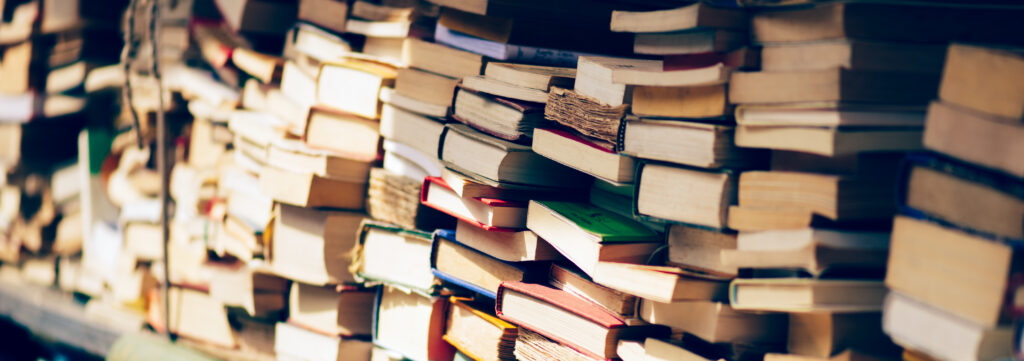
by Laura Bloxham I have always loved reading. When I was a child I gravitated toward Nancy Drew, who solved mysteries, had a supportive father,
I’ve been blessed to work with a stable lineup of genre editors since I took over as editor-in-chief of Rock & Sling in 2010. We’ve

by Emily Donnel Dr. Laurie Lamon lives in Spokane, Washington and is currently a professor in the English department at Whitworth University, where she teaches
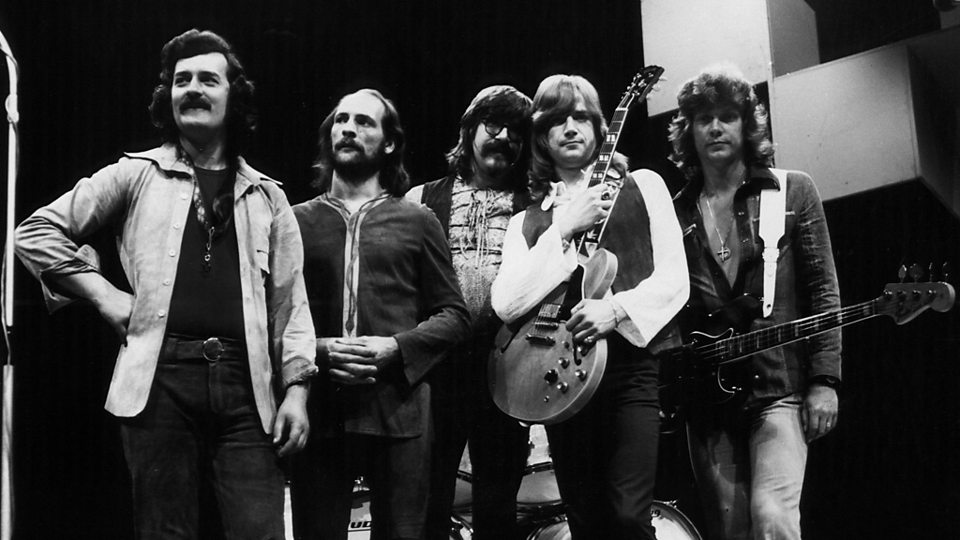
by Sunni Brown Wilkinson I’ve always thought of myself as a fairly average person but for one thing: growing up, my tastes never seemed to
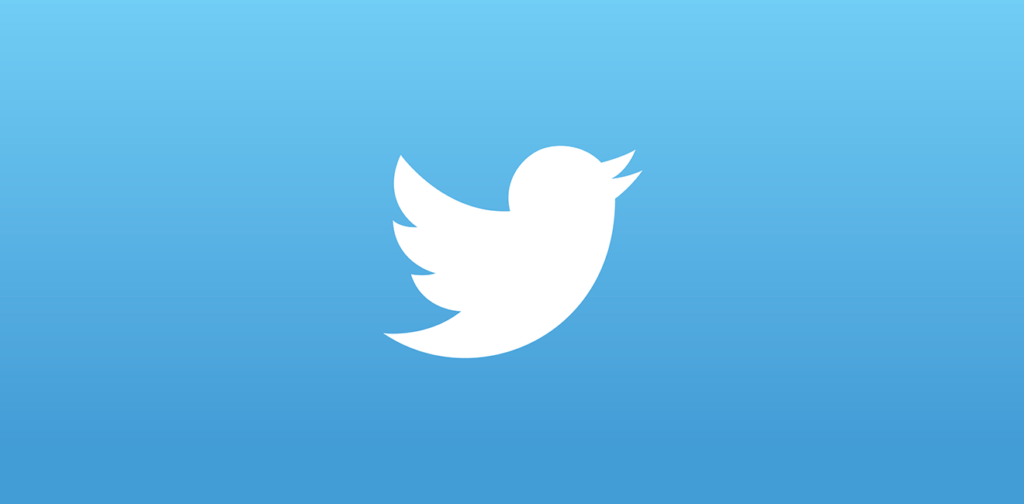
Did you know Rock & Sling is on Twitter? And has an Instagram? Follow us on our social media pages to stay connected. Follow us: Facebook:
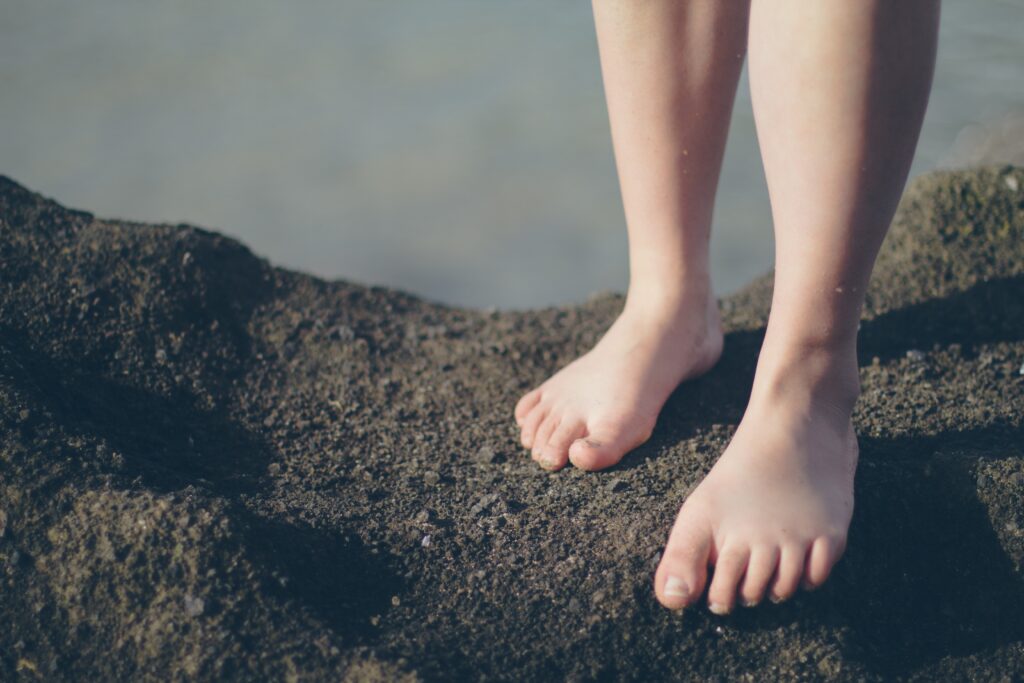
by Susannah Brister For twenty-two years, I didn’t really know what my body looked like. Whenever I got in or out of the bathtub or
by Ann Marie Bausch There is a famous family story about my husband as a little boy. At a gathering, a relative asked one of
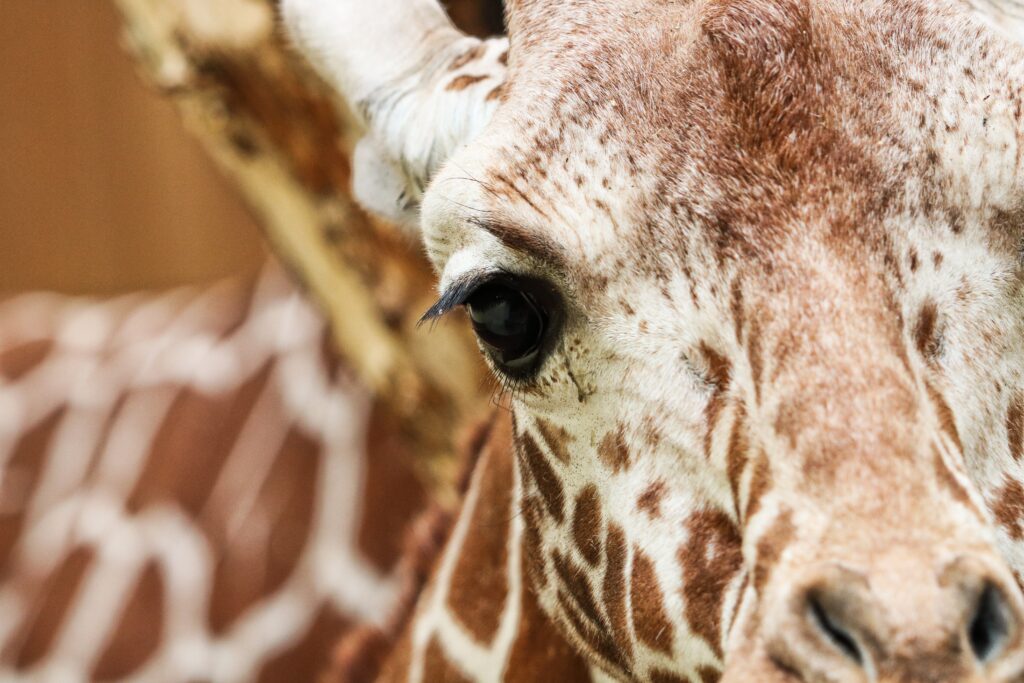
A note from Rock & Sling: Jason Mehl’s essay “Ears to Hear” appears in Rock & Sling 13.1. You can read the essay here. By
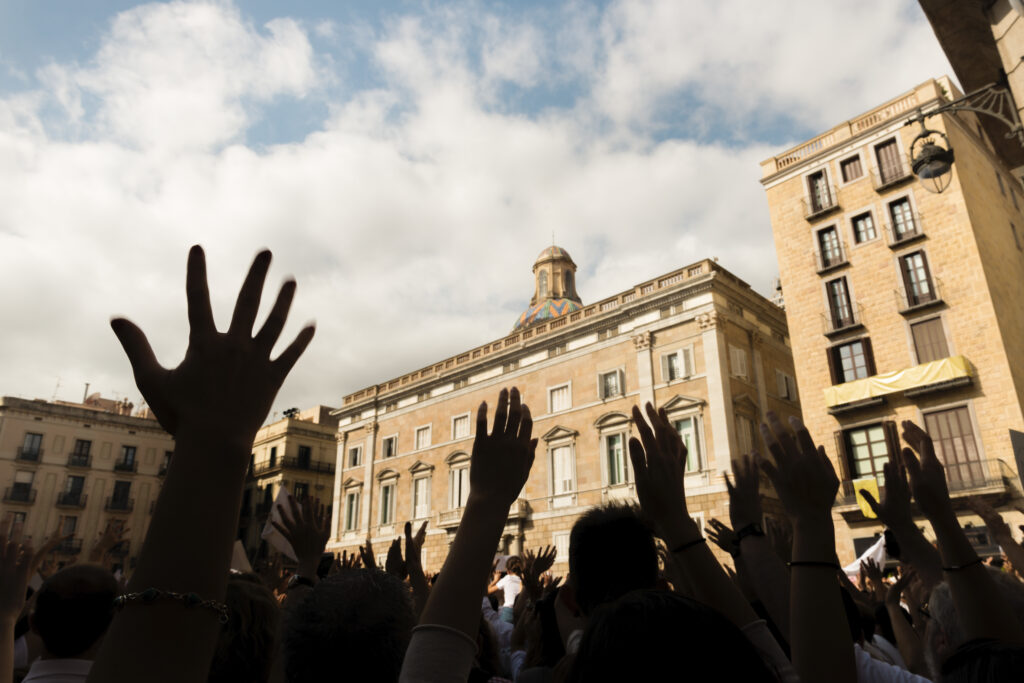
by Margaret Rozga As a person who has long been active in social and racial justice movements, my goal as a poet is to create

by Ann Marie Bausch When news of sexual assault allegations against author Junot Díaz broke in the spring of 2018, my first reaction was grief:
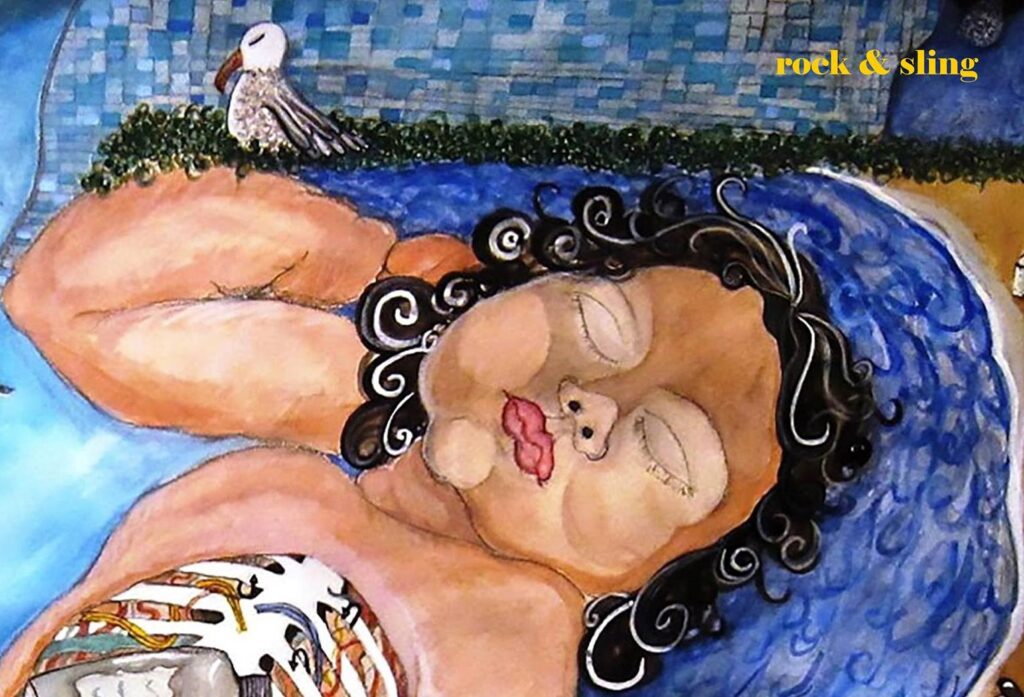
by Meghan Foulk Now, more than ever, do we need to hear from the greater community within America. Polarization and pointed fingers widen division and

by Caitlin Wheeler A few years ago, a few colleagues and I hosted lunch for a well-to-do visiting author. The author invited a local friend
by Emily Hanson American Identities is the exploration of the fluidity and the multiplicity of the different identities that have created the world we live
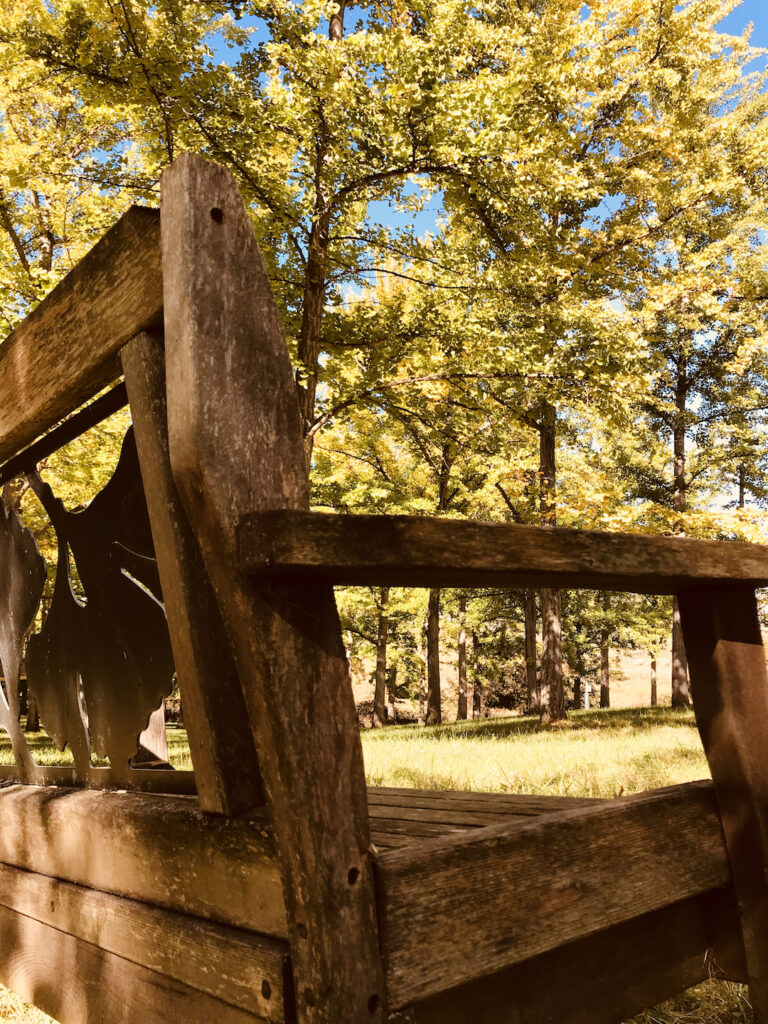
by Sara Whitestone This piece was originally published by GFT Press. Of all my States of Mind, Virginia is the hardest to unmix—to cipher down
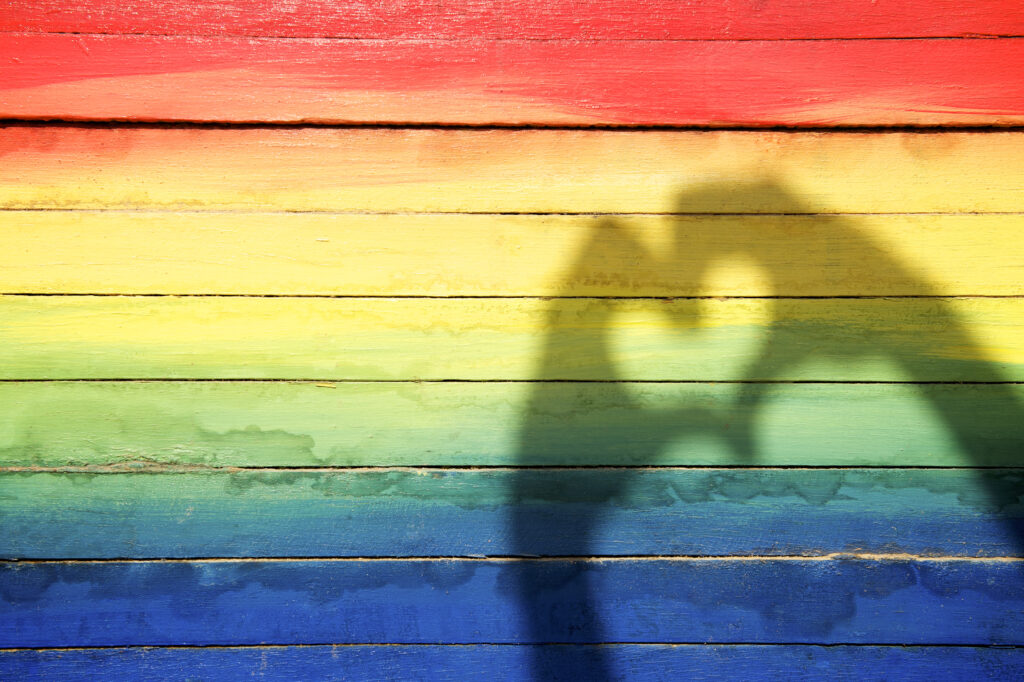
by Karen Bjork Kubin I wish you could have seen the look on his face, walking home from school. I wish you could carry it
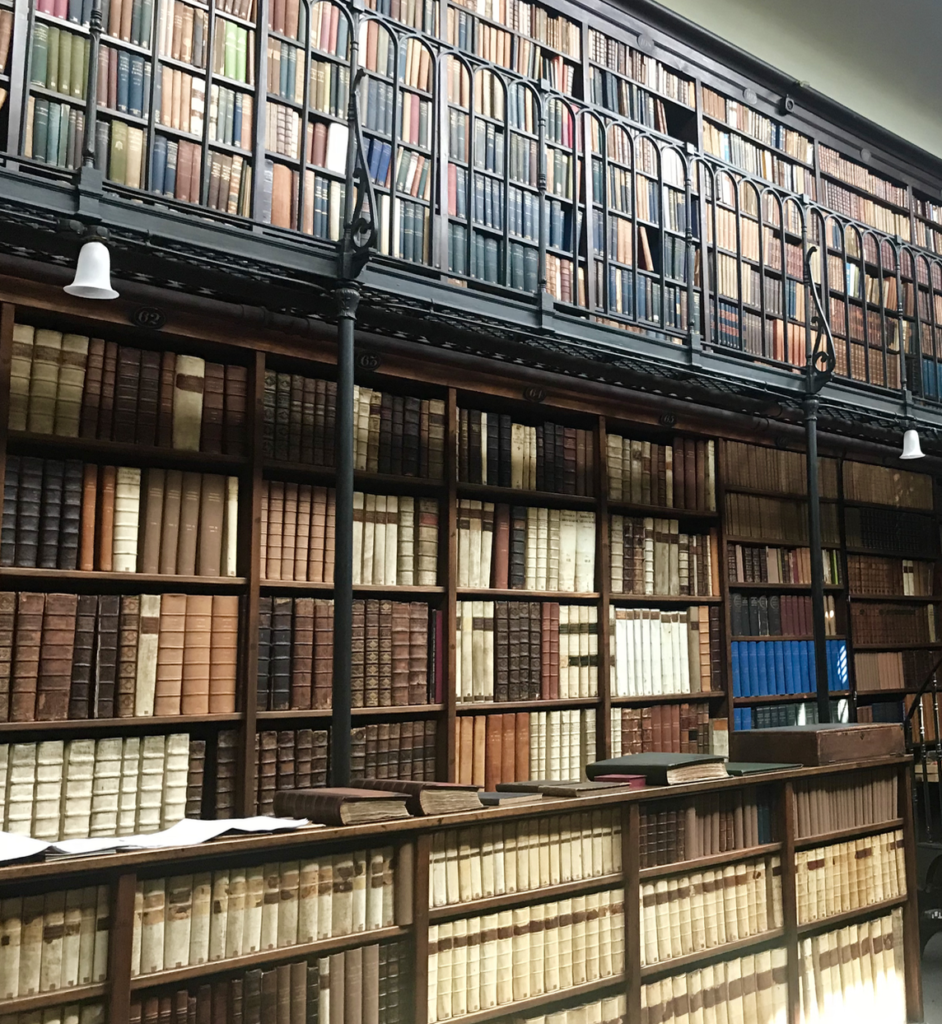
“If the trend toward bureaucratization and mechanization continues, I predict a revolution, not by librarians, but by readers—townspeople, students, and teachers—those who use the library in their need for knowledge and delight, who think of the library as a kind of temple, and who sicken of social scientists and personal psychologists of documentalists and gadgeteers, in places of power.”
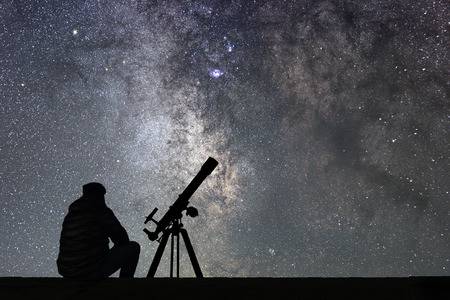
We wandered from telescope to telescope, each one offering us a brief window into another world. I saw nebulae, galaxies, star clusters, double stars — my dad would explain to me what I was seeing as I stood on tiptoes to peer through a telescope’s eyepiece.
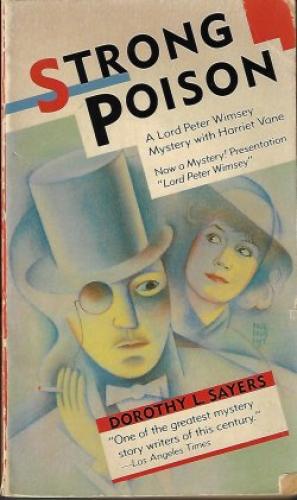
For years after that summer, I used reading mysteries to signal the end of the semester, the beginning of a break, where I could indulge myself. But it was not just the mysteries themselves, but the structure that relieved my stress.
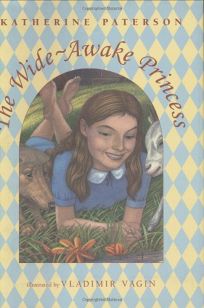
Are the arts valued in this culture, in this day and age? Sadly, no—not the way they should be, not in a way that sustains working artists. I’ve always known this. Are the arts valuable? Yes—immensely.
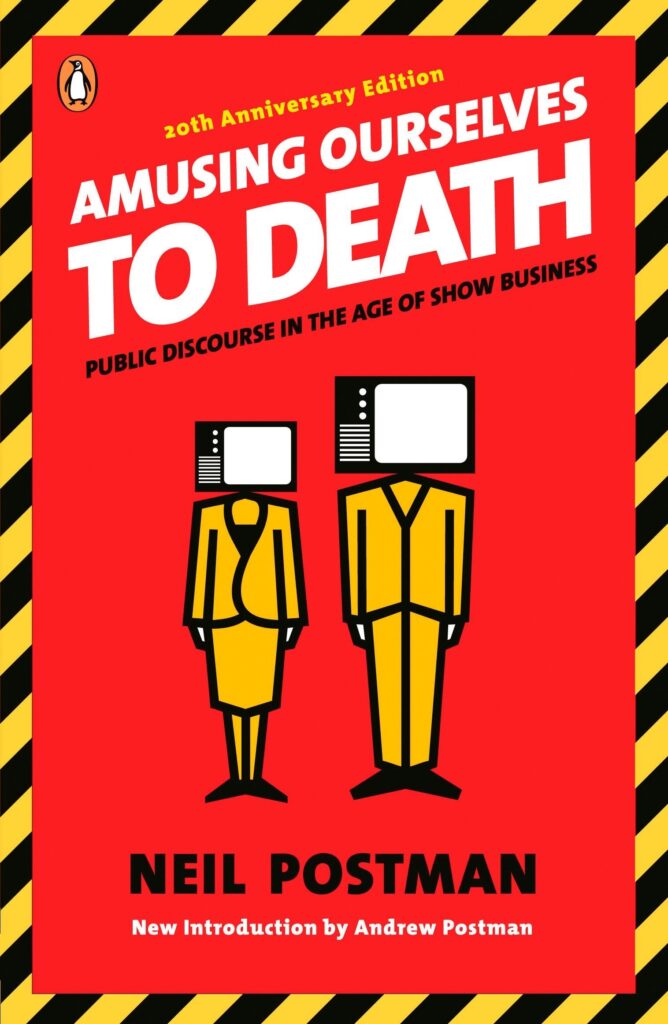
Much has been written recently about our current political culture and the divides it creates. Still more has been written about the rise of technology use, the dip in attendance at traditional community institutions like churches and social clubs, and how these changes affect the way we all view each other.
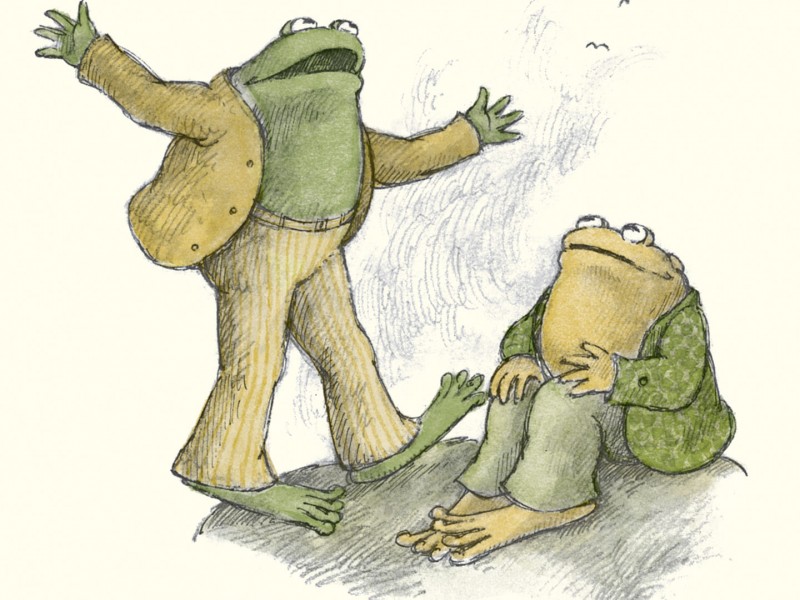
Toad is like most of us: awkward and worried and often very silly. If we’re lucky, we have a friend or parent or spouse like Frog who can see the bigger picture in life and who loves us despite our quirks.
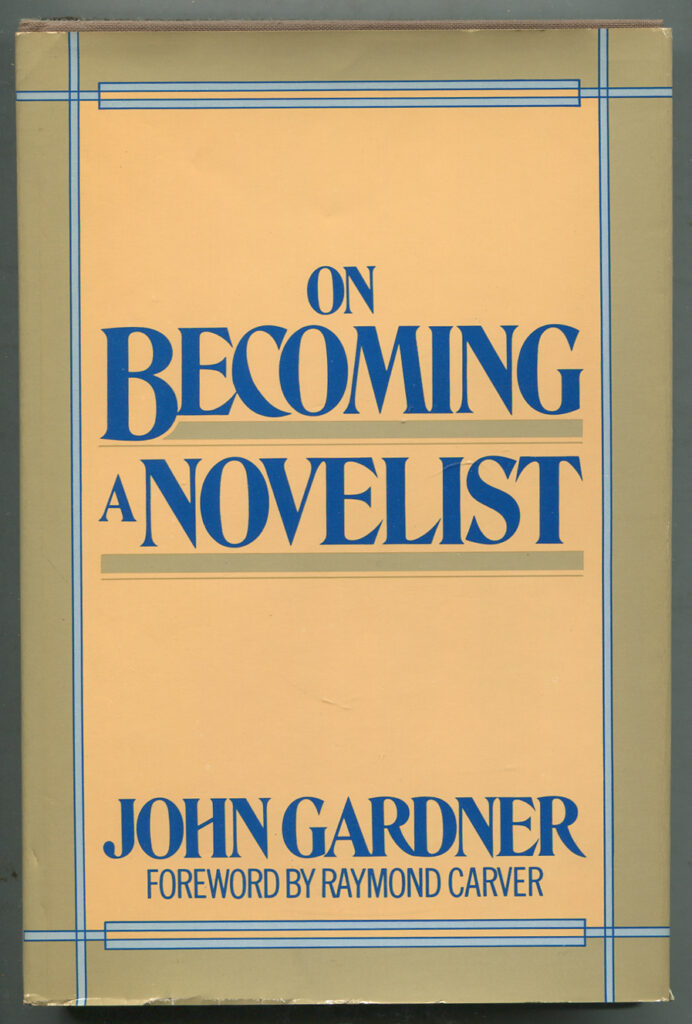
In John Gardner’s Becoming a Novelist, the author names two kinds of writers. One is fascinated by their own inner world, crafting characters as they appear before them. I think of Virginia Woolf’s Mrs. Dalloway — the complex inner-life of a woman receiving the world like she’s casting a net into the sea and is more interested in how the net does its snaring work than in what she hauls in.
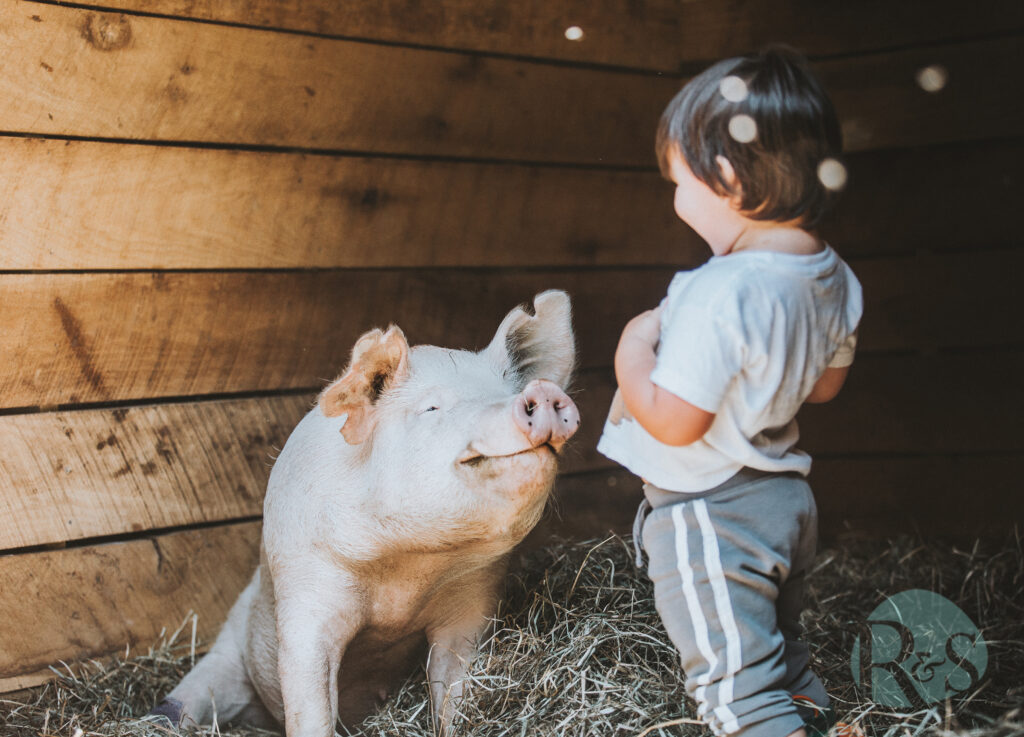
In photos of cows and pigs, I began to see sentient souls looking back at me. I would lose my breath at the beauty I had never known to look for in “livestock.” I felt myself peering into the eyes of a goat and searching for a language other than English in which to communicate, a language that has nothing to do with words.
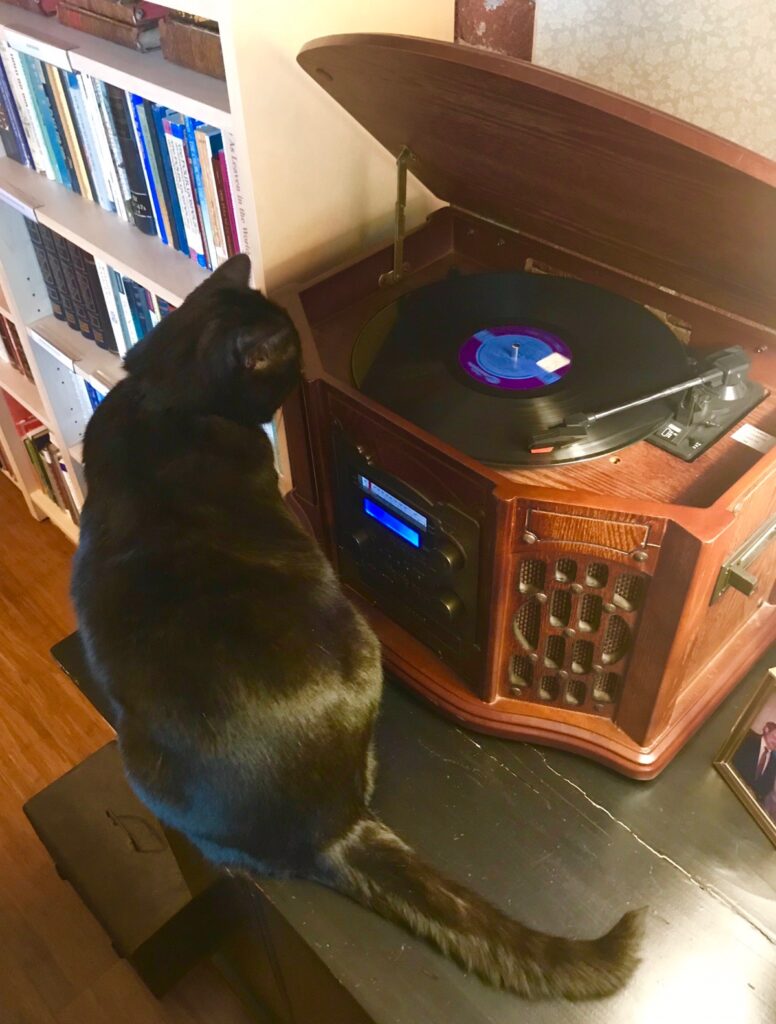
Here the media—the outmoded form of vinyl on turntable—allows me to step out of the relentless grind of my daily life. The record will finish playing one side in a remarkably short period of time and beg me to return to flip it over or replace the record with a new one.
These shifts of the perceived subject happen frequently throughout the poem, and cause me as a reader to reread previous lines differently due to the knowledge gained from later lines.
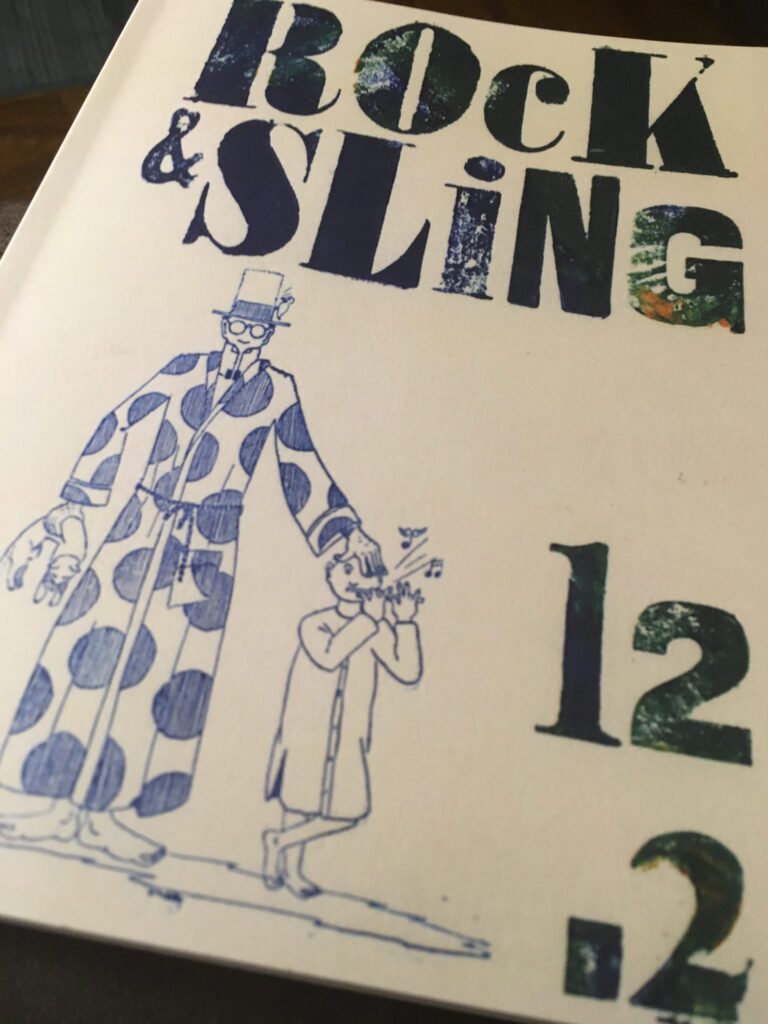
With a poem, faith is a hidden constellation, beginning with the still-mysterious act of writing. The blank page, which is simultaneously white and dark, is the abyss each writer stares into until the moment, as Nietzsche said, where the abyss stares back into the writer.
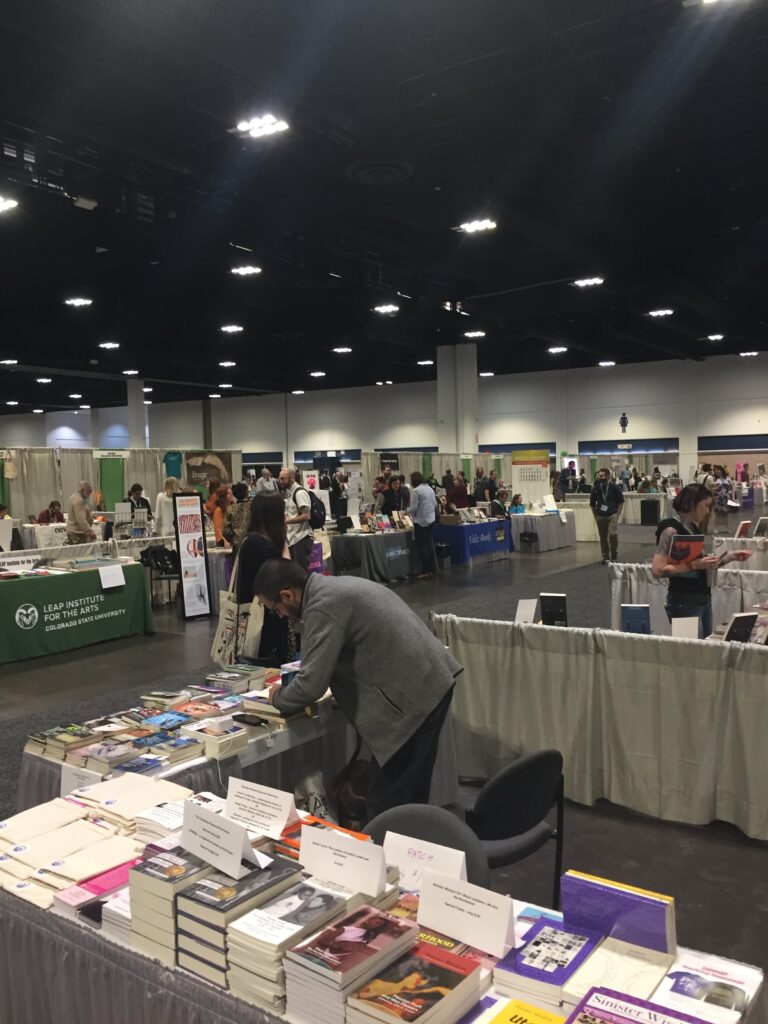
Even being constantly surrounded by people for the majority of the weekend, the whole experience felt rejuvenating rather than draining. Everyone at the conference was wonderfully friendly and absolutely thrilled to have yet another conversation about books or poetry or the super awesome panel they had just seen.
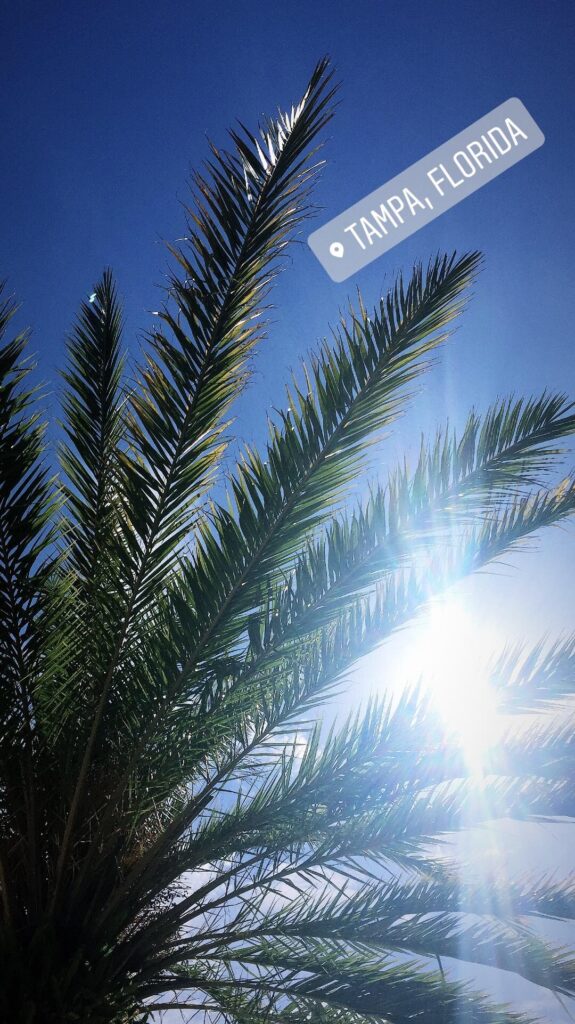
AWP is full of amazing treasures, interesting people, and SO. MANY. BOOKS. But traveling from one corner of the country to another can lead to a cultural shock, so I’m here to help the fellow PNWers cope with these possibly terrifying changes.
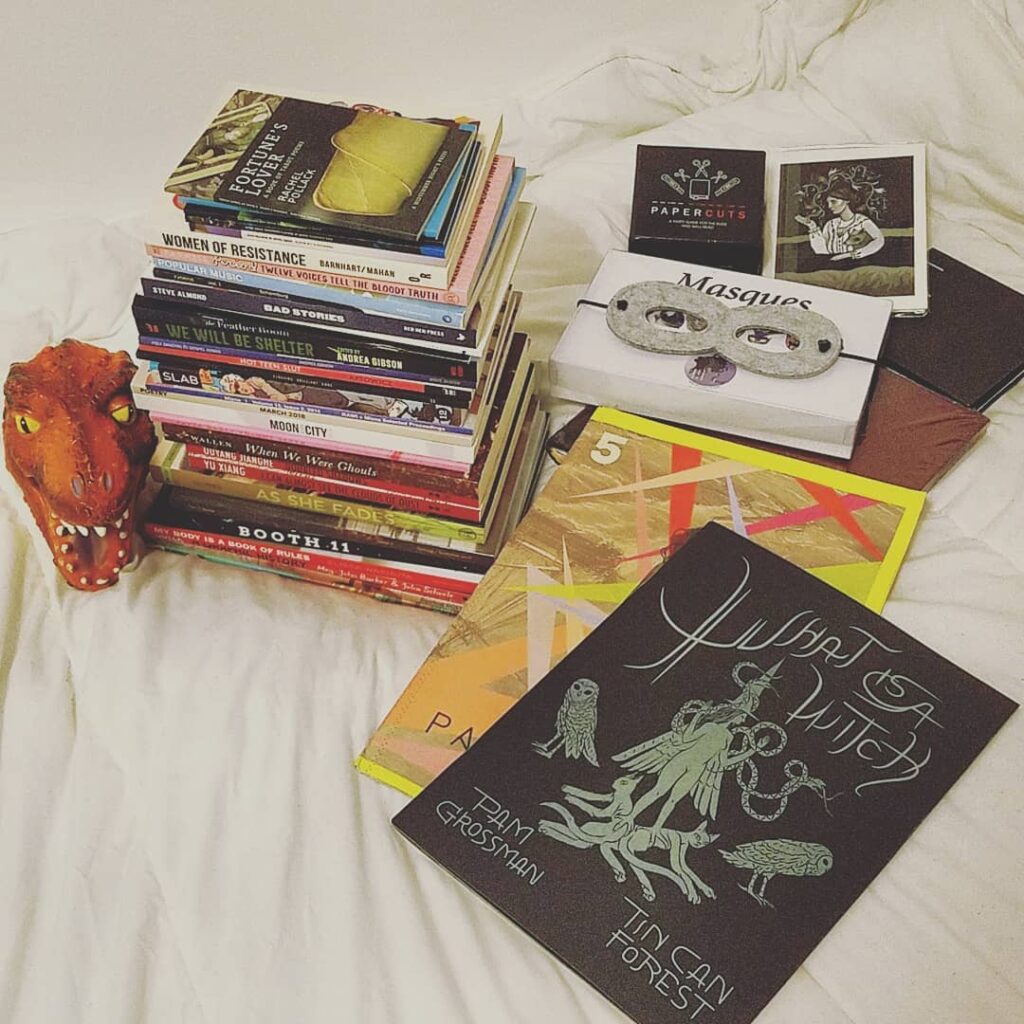
So, of course, AWP this year was slightly different. This year I not only knew what to expect, but could walk past the tables and mutter to myself, “Ah! It’s that journal, so glad to see them here. Wonder if they are still…” or “I have to find this journal. I saw it while researching and it looks beautiful!” Whatever the utterances, I no longer felt like an uneducated impersonator in the sea of writers, editors, and publishers.

In the same way, if I spend so much energy and effort trying to create music or art or poetry that is meaningful, or beautiful, shot-through with light, grace, insight, and love, how can that not spill over into working for these things in the larger world?

Why is this moment not enough, without the need to share? Do I just want to brag, or is there a good-hearted motivation there too? What am I so afraid of, that I can’t refrain from sharing?
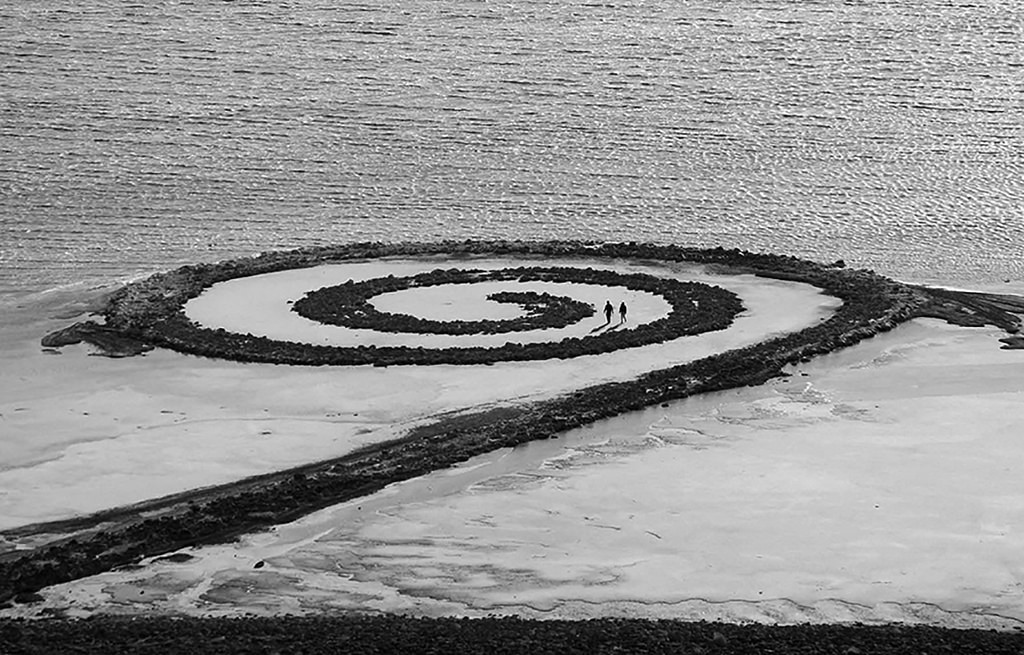
While traditional theology can sometimes err on the side of trying to make everything fit neatly into familiar philosophical boxes, Theopoetics aims to look directly into the mystery of God and to leave space for wonder.
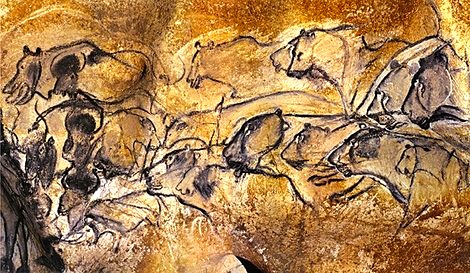
The “I” is no longer the lookout for viewing a receding vanishing point, but has itself become that point. We self-gaze, trapped in chronology, dreaming of destinations. What emerges is a multiplicity of terminals.
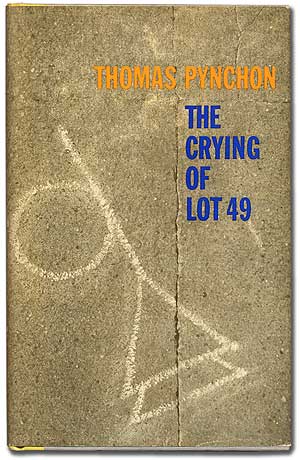
Considering our current moment, it would appear there’s no getting around our postmodern predicament at this point. The President is a former reality TV star, the U.S. has theoretically ceded its role as the leader of the free world, and the specter of a foreign power looms over the country. Sounds almost like the lampoon of a Michael Crichton novel (minus the time travel, of course) more than a real, present reality.
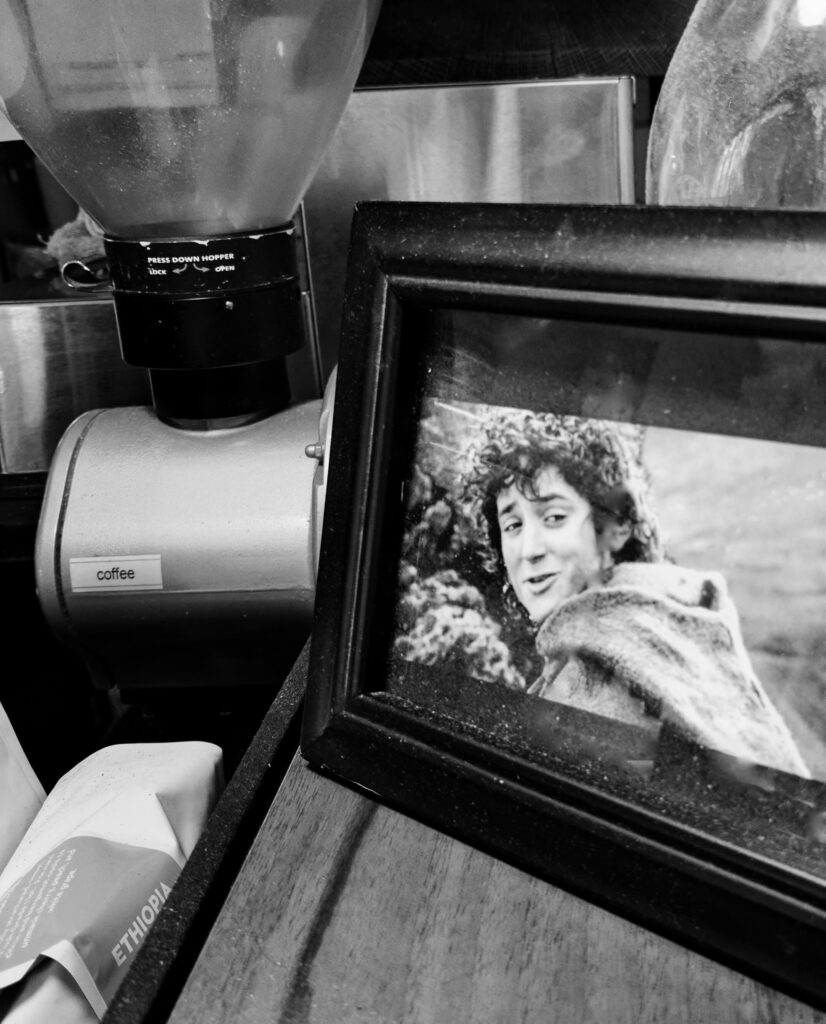
But real life doesn’t always give us the The Lord of the Rings’ clear differentiation between good and evil. While Frodo had the support of many brave companions, we are often faced with people who, though they may be bosses, friends, or even family, might contradict what we know is right. But here, too, fantasy can provide relatable heroes who teach us and encourage us to stand up for justice, no matter what those around us say.
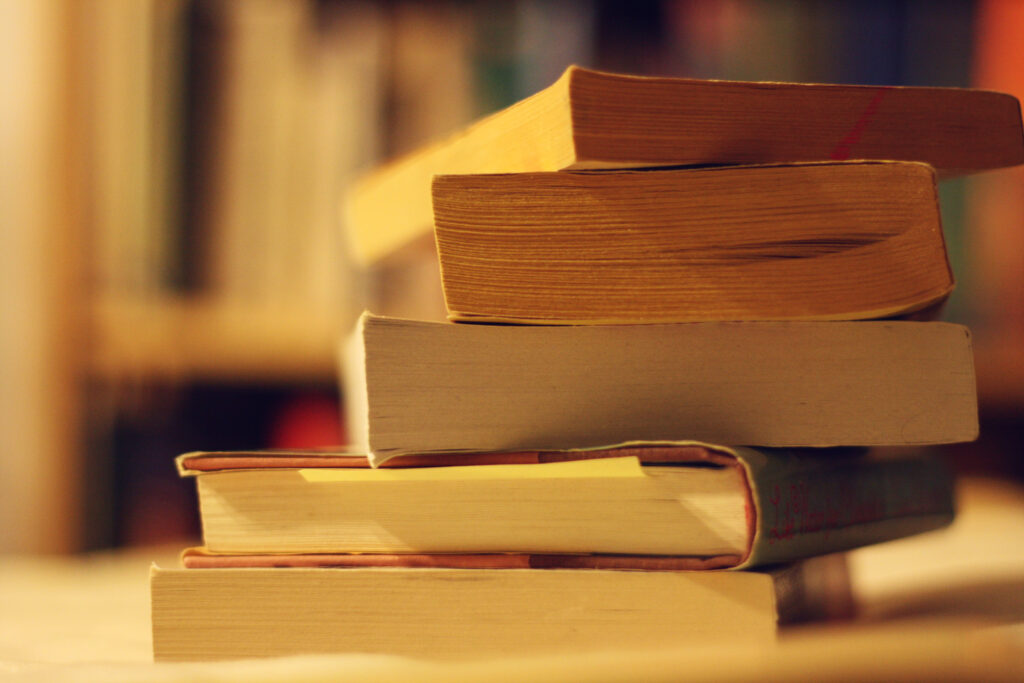
But what I finally sit down with almost always comes down to something else. Not that I necessarily know what that something else is—the book just calls to me. I answer in hope of a deep conversation.
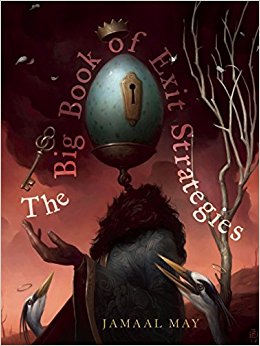
I am tired of violence. I am tired of lies and hateful rhetoric. I am tired, but it’s not time to go to sleep. It is time to wake up. These three poetry collections are the antithesis of lazy summer reading. These books shun complacency. These are books to stay awake by.
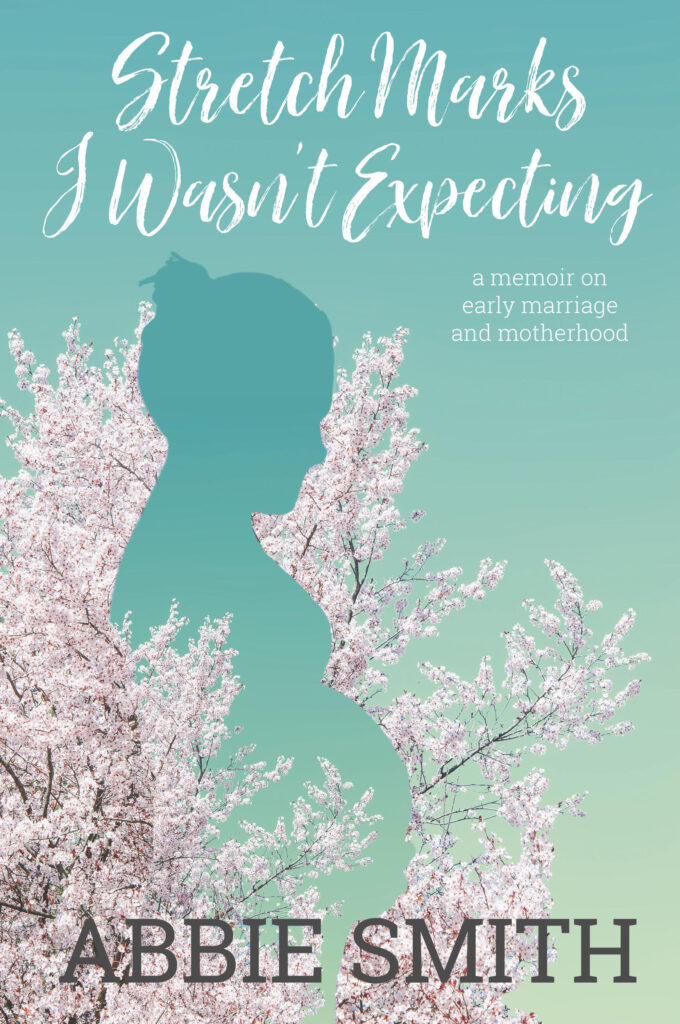
Prior to having kids I judged parents who snapped at their kids. Now I empathize, and beg for the grace to be compassionate and slow to anger. My two children have taken me to the brink of a boiling point I didn’t know was there.
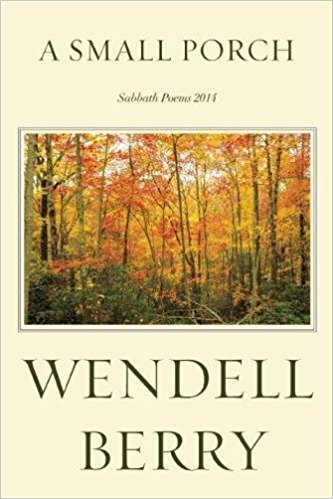
Berry’s poem distilled the meaning of those four summers into the clarity of spring water cupped in my hand, and elicited poignancy like the hotspots my palm had sensed hovering over ash.
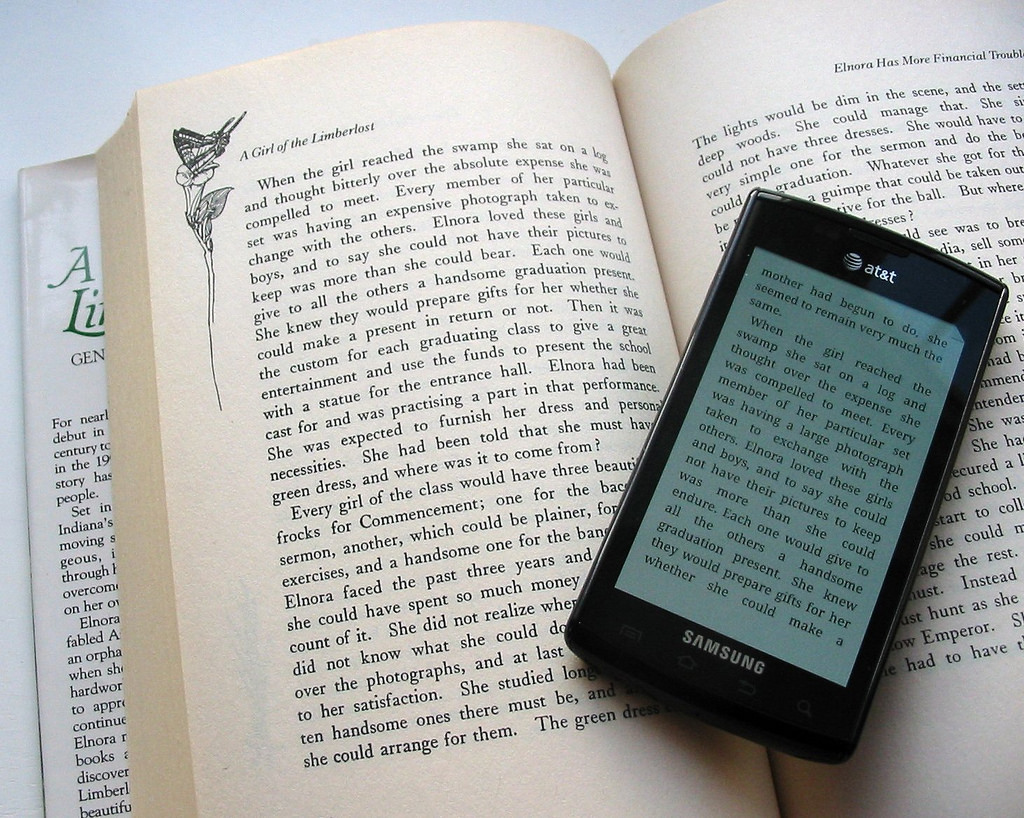
Like books, blog posts plunge me into a perspective different than my own, but in a way that is immediate, a compact chunk of text to absorb while taking the bus to work, multitasking during a Netflix binge, or sitting on a park bench during my lunch break. The great posts divert me from my comfort zone, helping me see myself, my community, my life, in new ways, sending me back into my day with a subtle shift in perspective, a gentle (or not so gentle) nudge to keep chewing on this new idea.
by Katherine Karr-Cornejo The phases of my life have offered many opportunities and challenges, and when I think of my years in graduate school, I
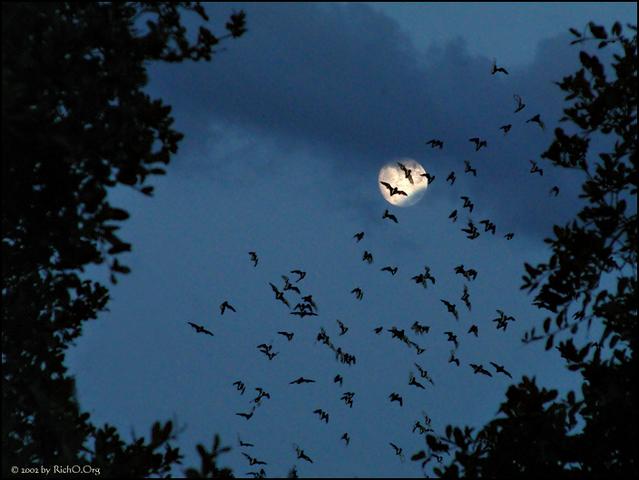
Is there a place for such stories–or even their subversion–when our politics are unpredictable, people live in fear of being scapegoated and harassed, and it seems the threat of a new war is around every corner?
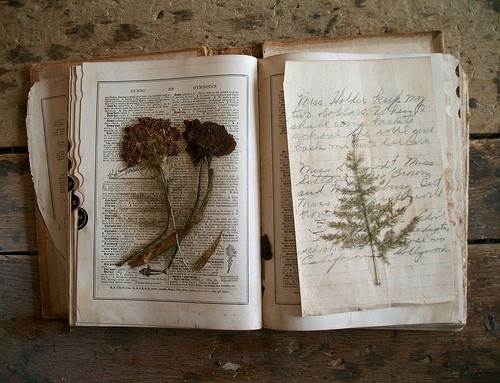
For some reason, the books that stand out to me most carry along with them the memory not only of the plot, the characters, and the language, but the setting where I read them. Middlemarch is the name of the fictional town where the story takes place, and while I loved the setting – pre-Industrial Revolution, old English estates, country churches – it seems pertinent that I read it in a quiet place where the reaches of the sky and the ocean reflected the vastness of Eliot’s insights.
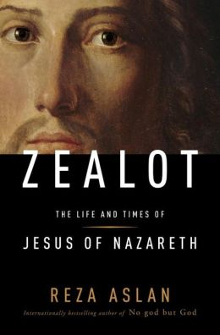
Zealot might not be the kind of book everyone would consider a “summer read”—but really, aren’t we past being limited to breezy love stories with no substance? This is a book that is worth all of the buckling down, you’ll need to apply to reading it.

There is a joy, too, in reading as adults, in the summer, at leisure. It is a luxury we rarely allow ourselves, sometimes only on planes or on vacation. But do you remember that stealthy act of reading, under the bed-tent, late at night, in the dark?
Sometimes our world goes dark, and we need reading more than ever. Sometimes reading is our deliverance.
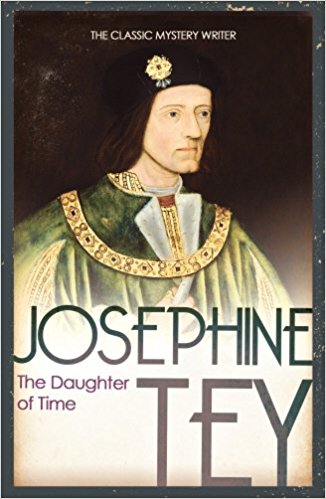
I measured the physical reality of my summer by the weeks in a non-weight bearing cast, the weeks in a boot with limited weight bearing, and my slowly increasing ability to move. My mental reality I measured by reading, most of which I had not expected to come my way. While I might have chosen mysteries anyway, now they were distractions of another kind.
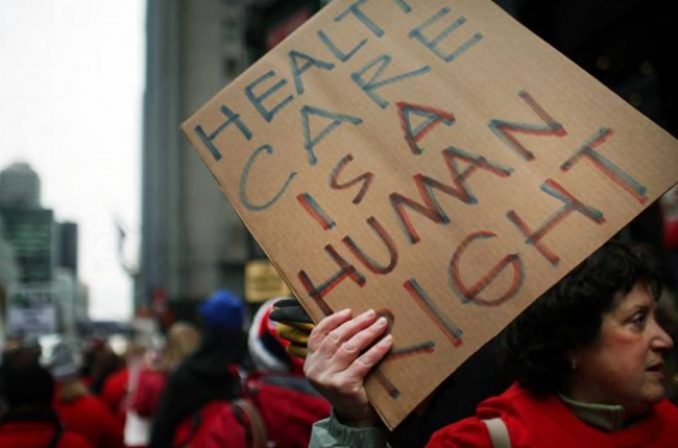
Eventually, life happens to everyone – it is the great equalizer. Someday, you might be in the position to not contribute anything.

Being a parent is hard. We never have it all figured out, even when we’ve done it well in the past.
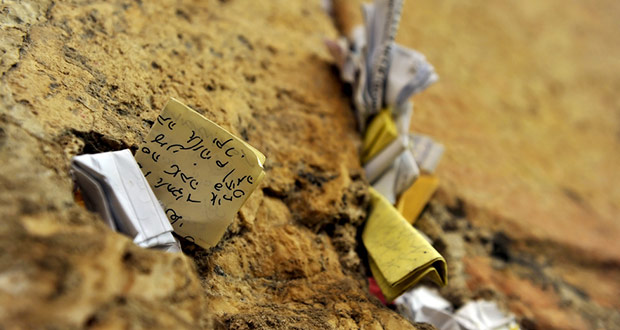
Every time I prayed, a gentle, insistent sense arose in me – Do this…You can do this…I want you to do this – the same sense that had been prodding me during the past six months as my husband and I discussed fostering a child and researched the process, and I, initially resistant to the idea, had begun praying about it.
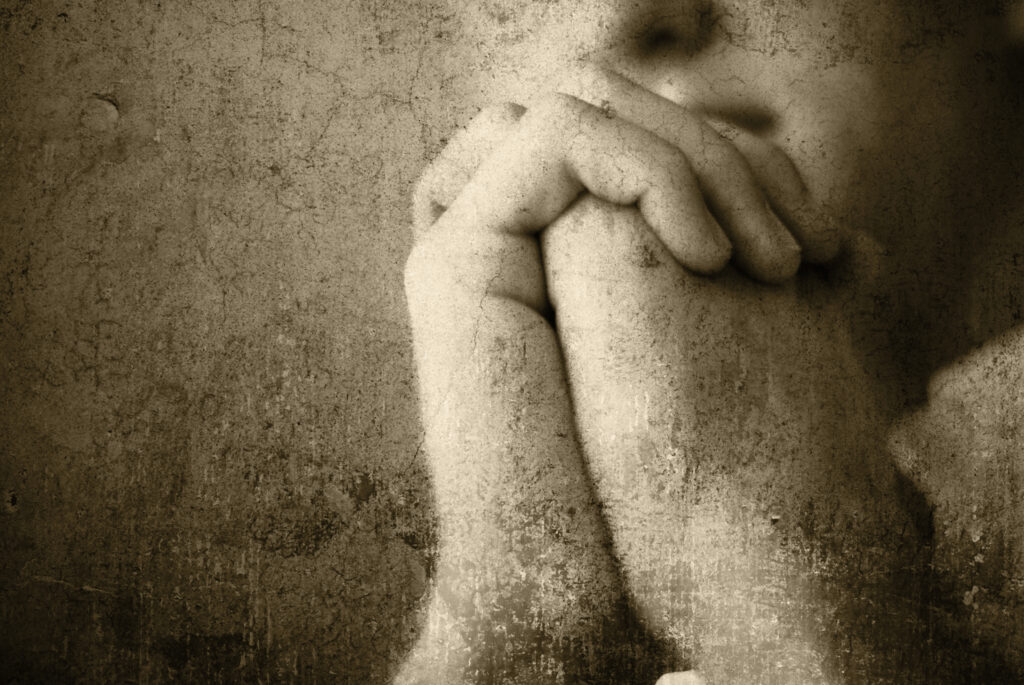
So when I learned the Lord’s Prayer, it was one of the most liberating moments of my early religious development. The roteness and authority of it were exactly what I needed to get through meal- and bed-time rituals.
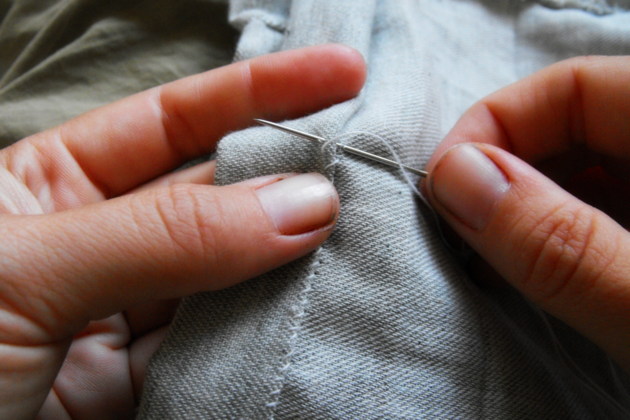
We are stripping our house layer by layer, occasionally stopping to wonder out loud if it feels like we’re trying to erase her and purify this space. Our mother is in every facet of the house; she picked the colors, sewed the curtains herself (one handed, no less), and embroidered half of the wall decorations.
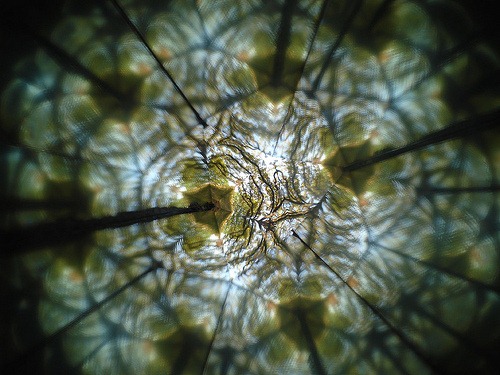
I find myself renewing old vows: to care for myself better so I can better care for others. To stand tall, both physically and emotionally. And to adopt and live out a new word for something I have been working at for several years, now.
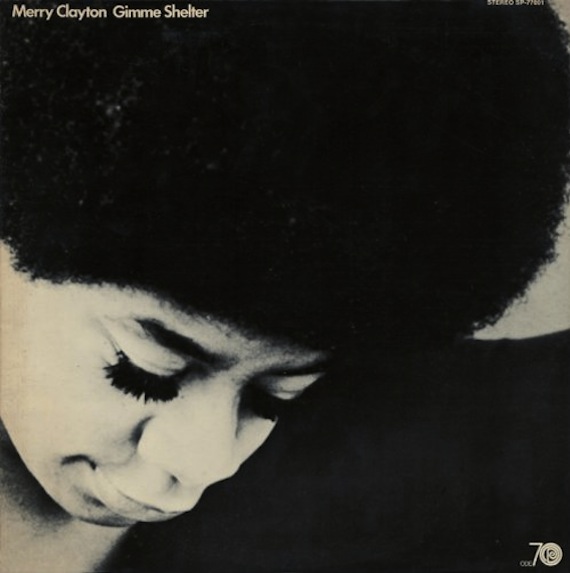
But it was music that drew out her deepest emotions, her greatest performances. When we were very young, she would sing to us at night the saddest songs you can imagine.
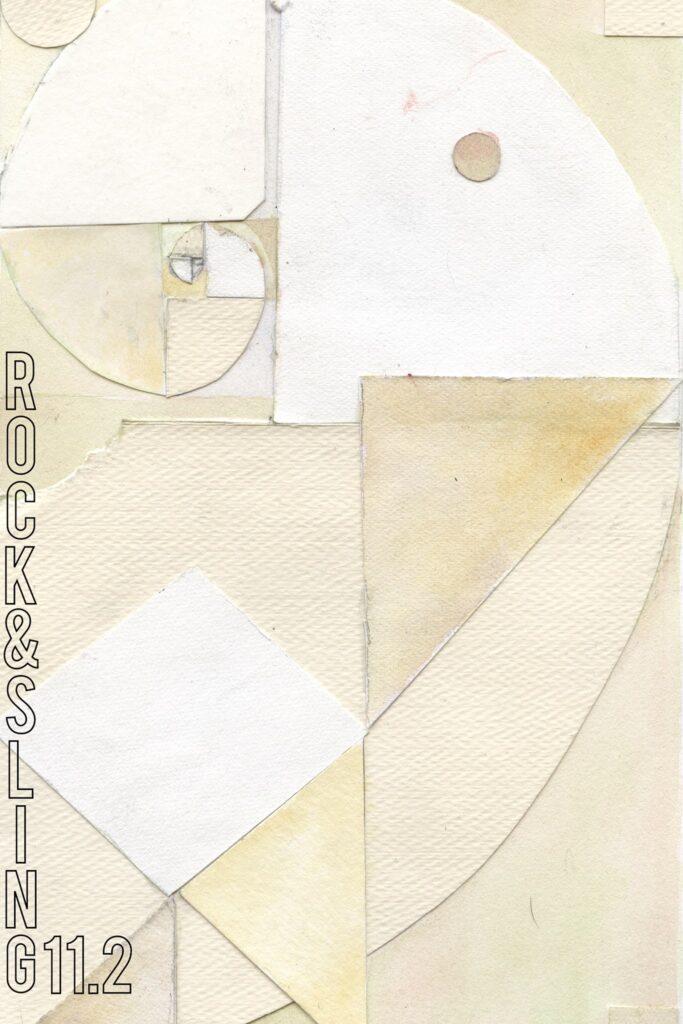
When we reach out in words, where we’re safe, we prepare to cross a boundary with respect at our next opportunity. We prepare to offer the comfort we weren’t able or brave enough to offer when our last chance arose.
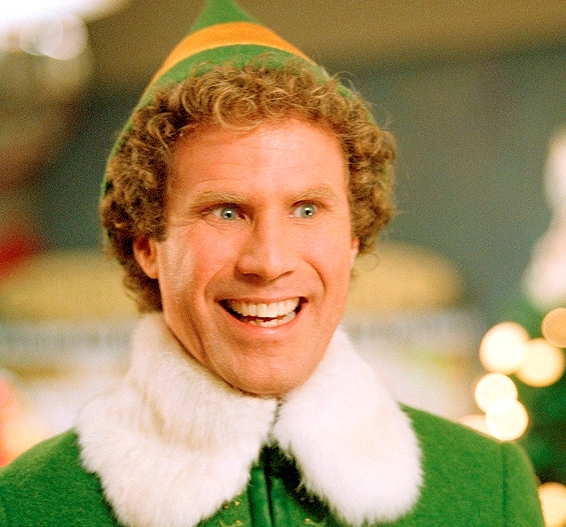
Bookworms and publishing nerds at AWP often feel like Christmas came again in the spring. You enter a magical wonderland with all of your favorite literary paraphernalia, and you go home loaded with gifts (for others, or for yourself).
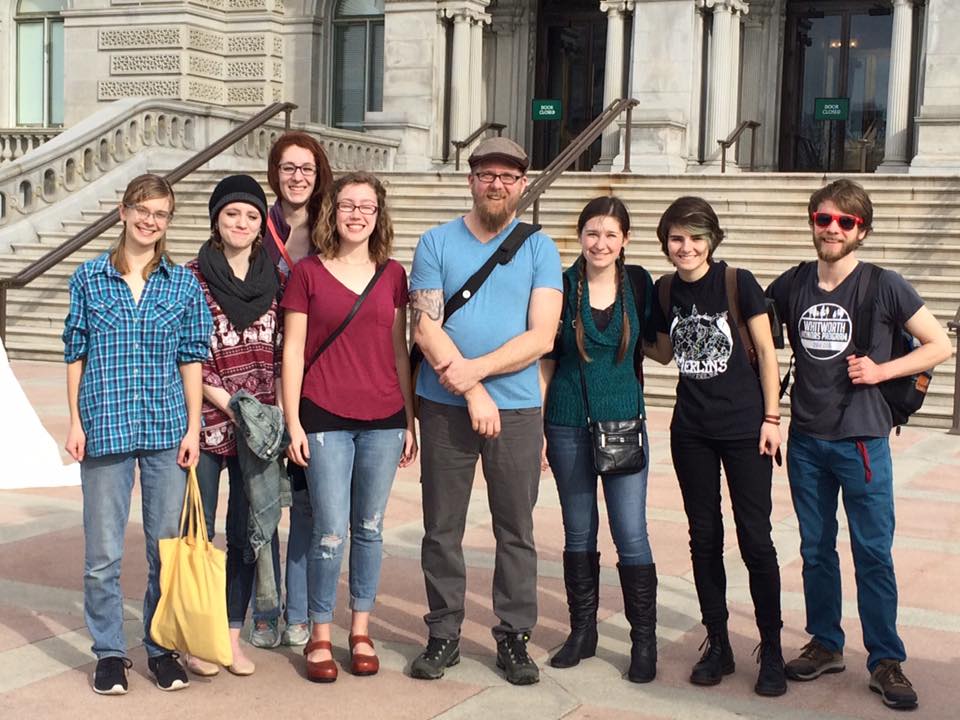
AWP isn’t the frenetic overwhelming thing it once was. No longer do I stand paralyzed, unable to take everything in or even figure out where to begin.

hese poems are my way of honoring the mysteries of the natural world—weather, geology, our human impermanence—using metaphor and image, rhythm and form to understand our roles in such an intricate system.
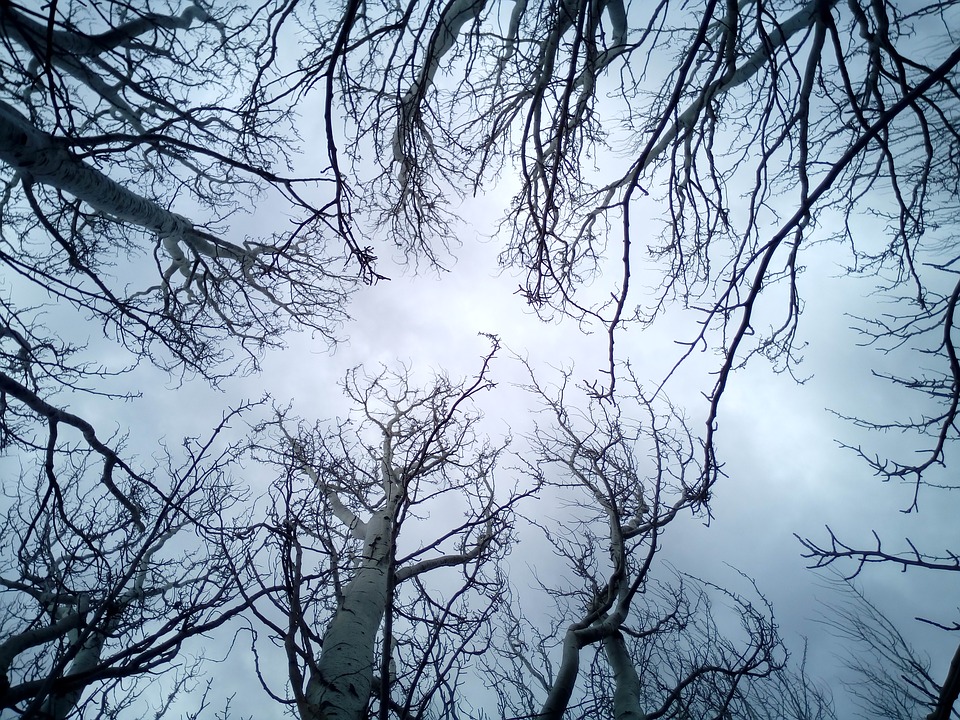
What can I offer them? What can I write to them when their fears and questions—along with mine—are so loud in our ears?

We are not interested in who is right or wrong, politically, but in capturing the voices in the discussion. We attempted to present as wide an array of voices as we could.
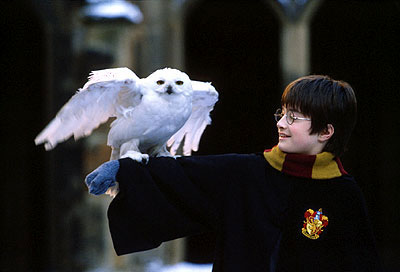
Harry Potter had given me back the way I’d read in childhood—for no other reason than to be swept away by a great story. It was about the smell of the paper, the swish and crackle of a turning page, zooming through paragraph after paragraph to find out what happens next.
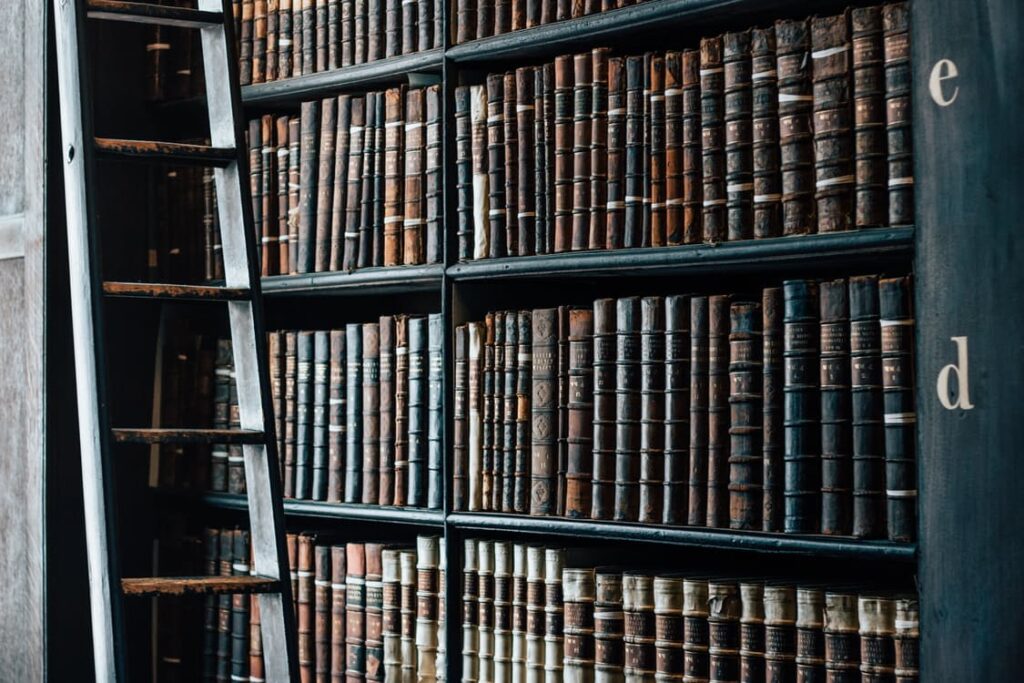
What haunts my waking dreams is the library; a sacred space, richly textured with human spines and book spines, crinkly papers, and dusty tomes. How do I make these perennial objects of desire—those recorded and those we wish to find—new to those who do not see the library as I see it?
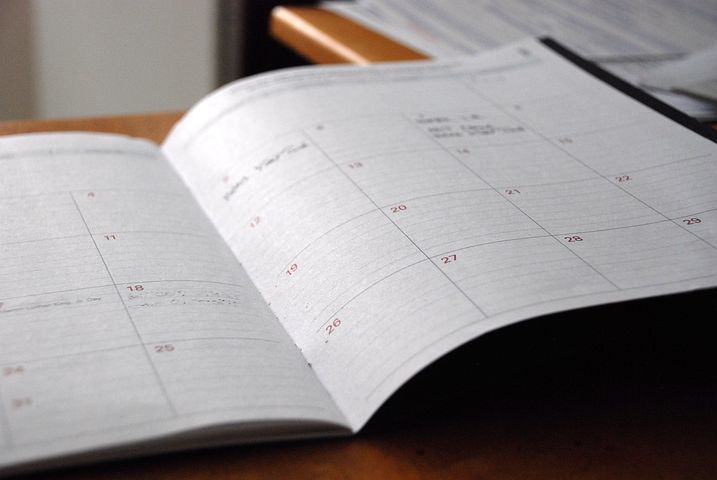
If I start thinking, “I have to restore my historical consciousness!” or “My life depends on reknitting the past and future into my experience of the present!” I will feel overwhelmed and probably implode into depression. But maybe changing my experience of time can start with more simple decisions.

In a way, this approach to 40 reflects a new approach I hope to take toward myself: Let what comes come. I have a tendency to be too hard on myself when I don’t accomplish items on the arbitrary checklists that exist only in my brain, to feel bad about myself when I learn of friends’ successes and achievements, regardless of whether I have any desire to do the things that they have done. My hope for year 40 is that I learn to give myself a break.
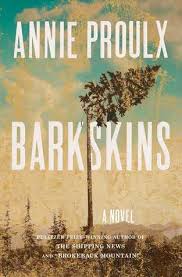
by Kristine Langley Mahler 2016 was filled with surprises that have challenged my resilience—an experience to which I’m sure many others can relate. As I reflect on
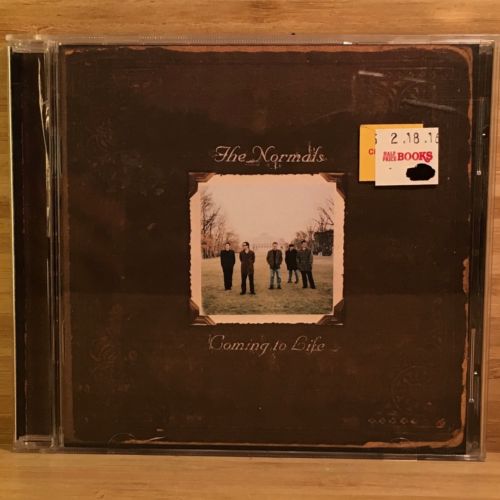
by Michael Wright In a discussion on kairos and chronos time in A Secular Age, Charles Taylor invents the phrase “kairotic knot,” an image
As we move toward the reality of Donald Trump’s pending presidency, artists are responding. Rock & Sling wants to produce a cross-section of that work,
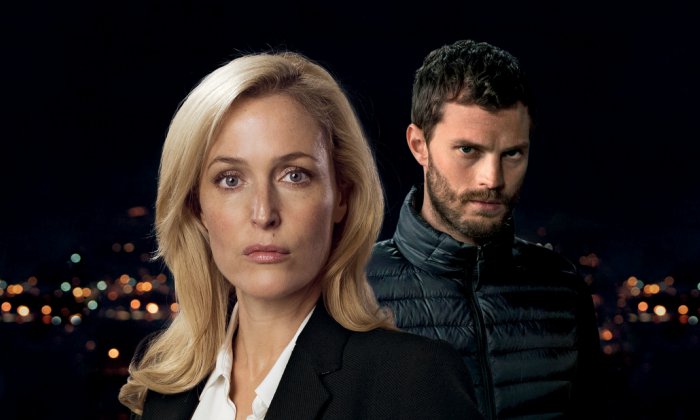
by Kate Reed In the most selfless act of love I have ever committed, I told my husband that once a year on Halloween, I
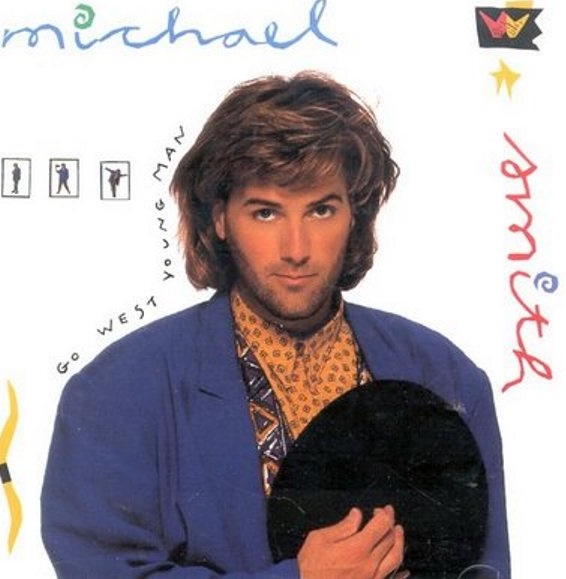
by Andy Zell I forget how I won the gift certificate to the local Christian bookstore. Perhaps it was good grades or perfect attendance in
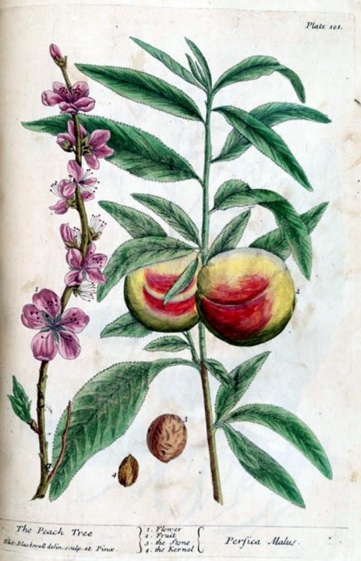
by Karissa Knox Sorrell A couple of months ago, I went to a funeral. It was for a woman named Joyce whose husband had been
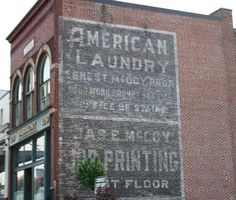
by Ann Marie Bausch Once upon a time, I was lucky enough to be invited on a free trip to Paris. I encountered the usual
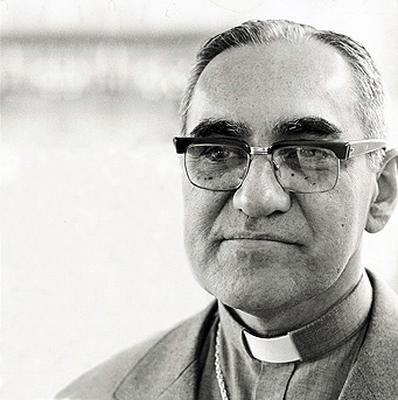
by Kenneth L. Field If someday they take the radio station away from us, if they close down our newspaper, if they silence us, if
by Karissa Knox Sorrell When I write, I turn my back to the saints. We moved into a new home in August. With our home
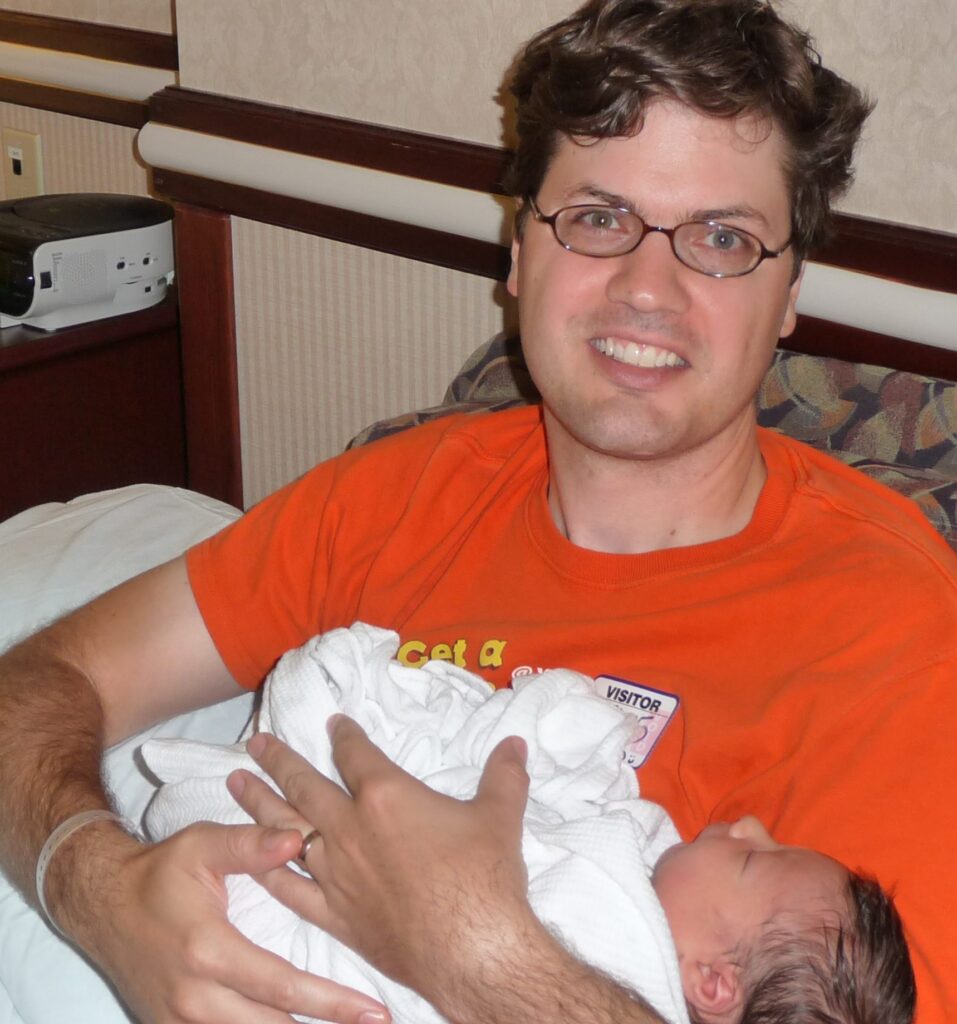
by Andy Zell As I write this, we are expecting our fourth child in a matter of days. A few days before the birth
by Jenn Rudsit A book fair full of indie presses, literary journals, MFA programs, and tables covered in piles upon piles of books: paradise. Mingling
By Joshua Tuttle My second AWP was even better than my first. Last year I was extremely nervous to explain what “a journal of witness”
by Lauren Klepinger As the end of spring break loomed nearer, I couldn’t help but wonder how I would survive the next week. I’d spent
Marlena Bontas’s poetry appears in Rock & Sling 10.2. Of “I Slaughtered Your Horses,” she writes: “I believe there is a deep connection between faith and
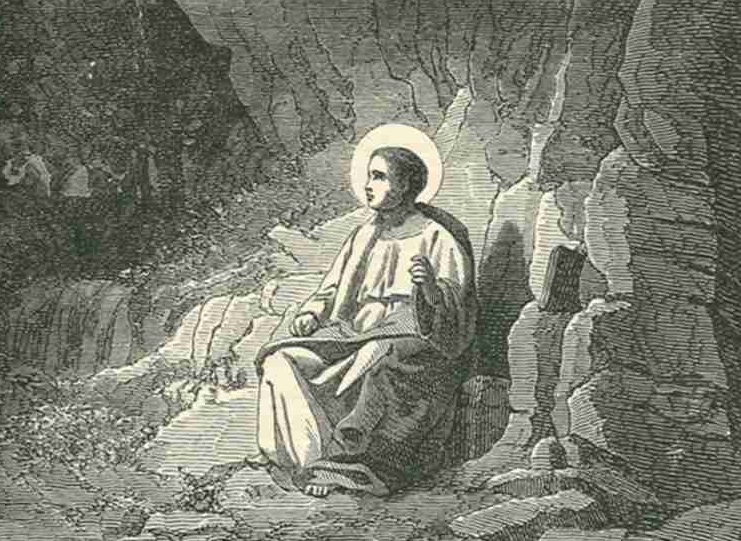
Upon his Feast Day, January 25 by John Estes In Jean Cocteau’s film Orphée, Orpheus (the most square-jawed Orpheus ever conceived, played with pompadour by
Rock & Sling‘s Creative Nonfiction editor, Julie Riddle, recently corresponded with writer Dawn Claflin about what R&S seeks in an essay. Check out Claflin’s blog
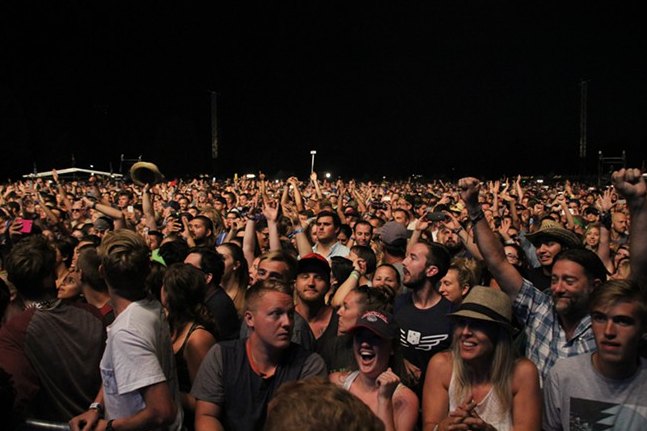
by Cara Strickland I am the last person you might expect to see at a music festival. Although I’m a lover of live music, that
The artist for issue 10.2 is Heather Gwinn. In a contemporary version of an old story, we stumbled across her work accidentally. One of our
From issue 10.2, on shelves next week, is Katie Manning. For the past three years, my primary writing project has been a collection of poems
Instead of simple biographical material, at the end of every issue, we ask our contributor’s to reflect on the connections they see between their faith
our final nominee, from issue 10.2 Lecture on Creation So here we gather and no one’s dead although we all will be and soon, and
our fourth nominee, from issue 10.2 On Apophasis and a Bee A buttered roll and a dinner bee are not in this line.
our fifth nominee, from issue 10.2
our third nominee, from issue 10.2 The Sack People The sack people are at it again, singing on the corner about his pleasing light, oh
our second nominee, from issue 10.1 Seven Lessons from the Book of Sharks Before mountains rose from the ocean so clouds had somewhere to arrive,
our first nominee, from issue 10.1: In Eastern Medicine milk is an extension of blood which we suckle with the tiny gulping mouth of heart.
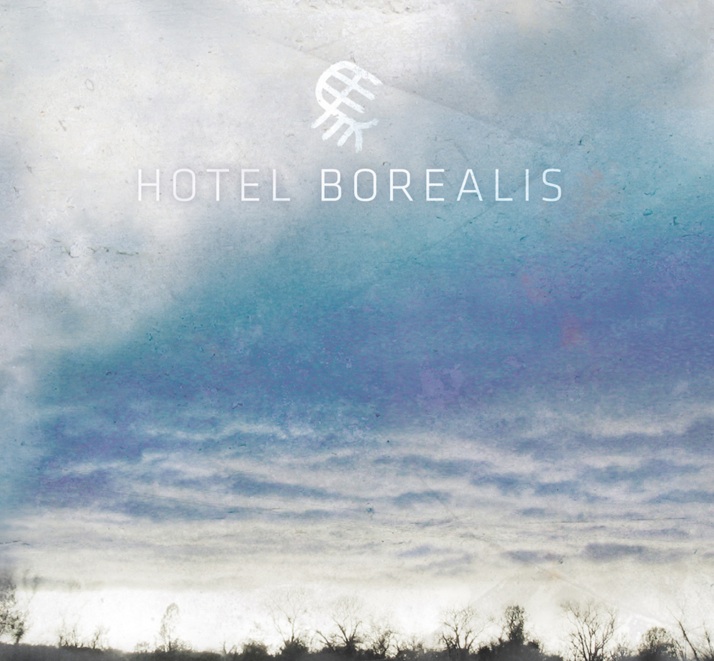
by Terra Ojeda Susie Meserve was born and raised outside of Boston, Massachusetts, but has lived on the West coast for most of her adult

by Sunni Brown Wilkinson When the Spanish poet Antonio Machado fled Spain during that country’s civil war, he crossed the Pyrenees in an old car
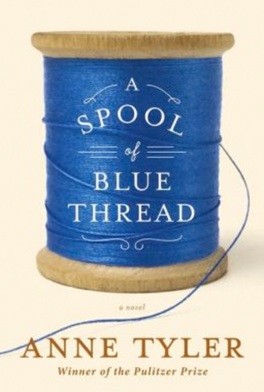
by Laura Bloxham When I was in grade school I lived for summer reading programs at the local library. If I read so many books
by Amy Rice com·fort food noun food that provides consolation or a feeling of well-being, typically any with a high sugar or other carbohydrate content

by Sunni Brown Wilkinson Mary Shelley penned Frankenstein after spending a chilly, wet summer near Lake Geneva. That terrain – the rugged Swiss Alps and
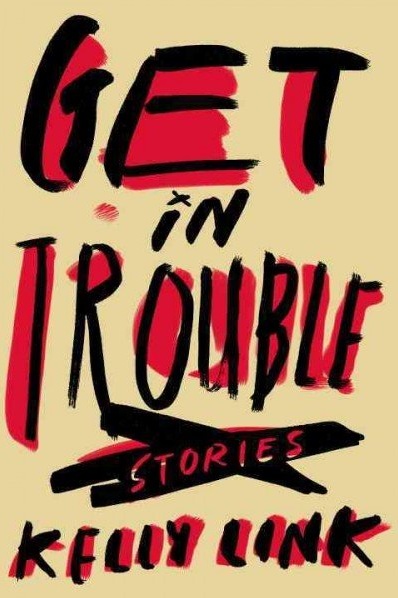
by Andy Zell Summer reading is the time to read books that aren’t on the list or on the table at the bookstore prominently displayed.
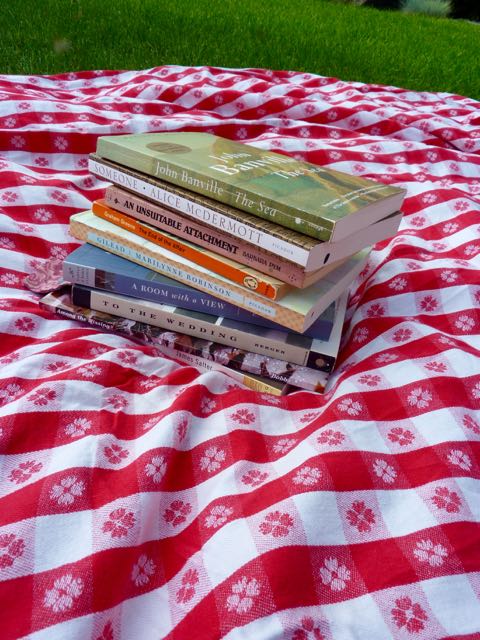
by Julie Riddle Once the carefree summer days of my youth (floating the stream that winked past our house, playing baseball on a freshly mown
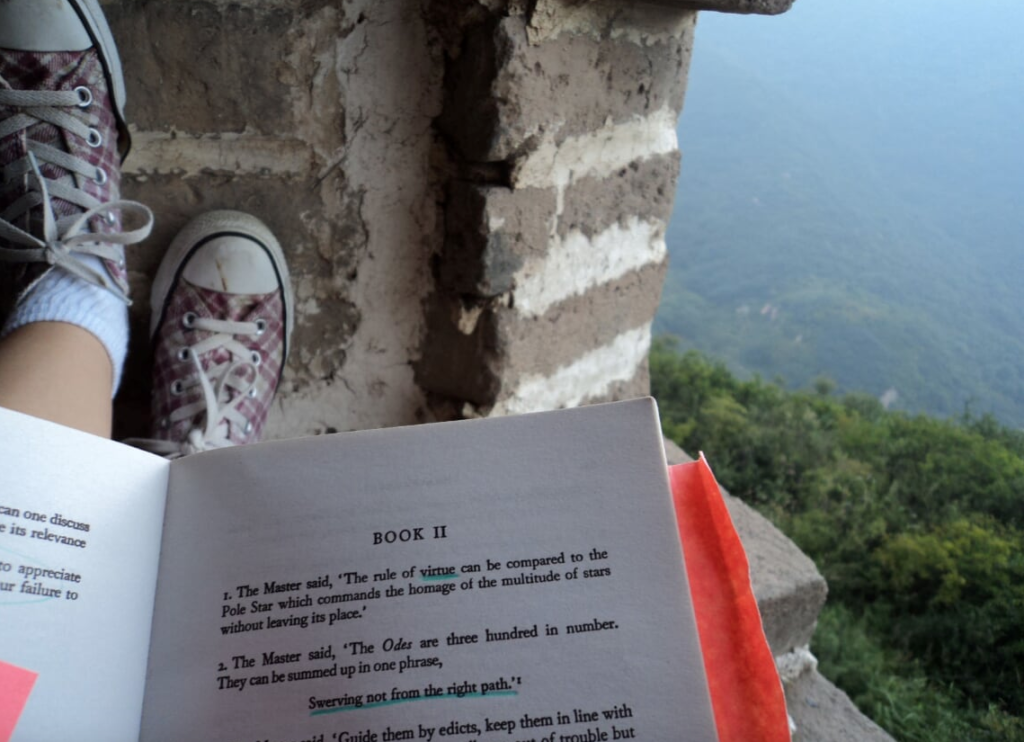
by Amanda C. R. Clark People often tell me in hushed tones that they delight in book sniffing. These confessions are wrapped in happy, faux-guilt-laden
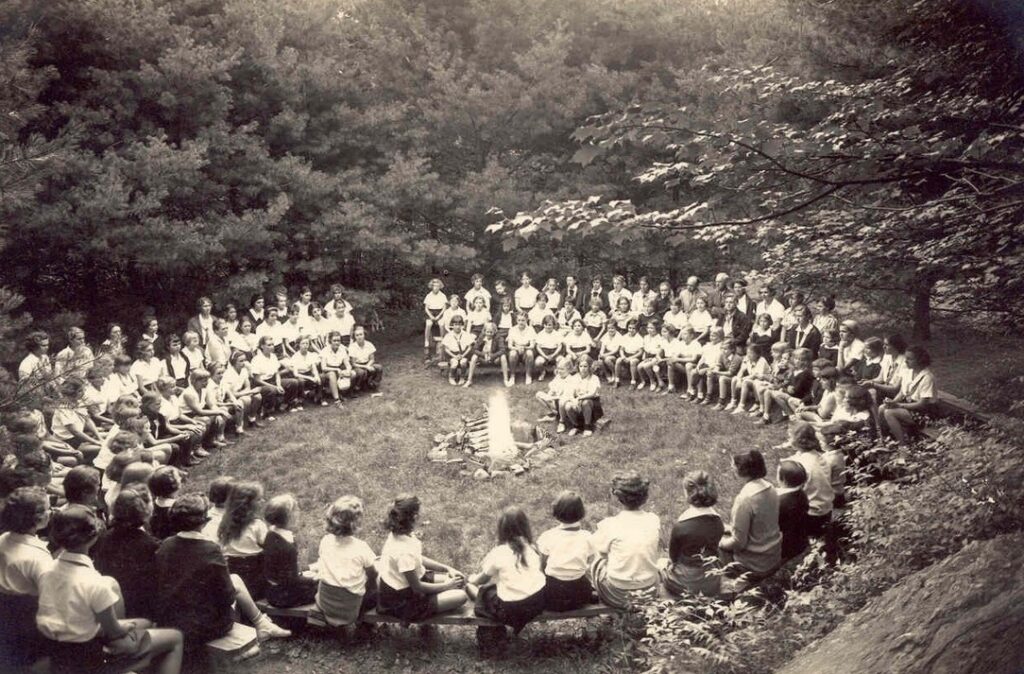
Summer’s in full swing. Here at R&S headquarters, we’re seeking out the shade and waiting for tomatoes. Summer’s also prime time for camp. How To
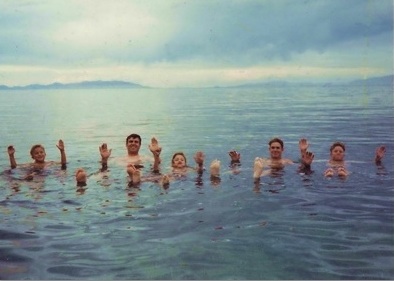
by Nick Avery Natalie Young is a founding editor and graphic designer for the poetry magazine Sugar House Review. She received her BFA in art
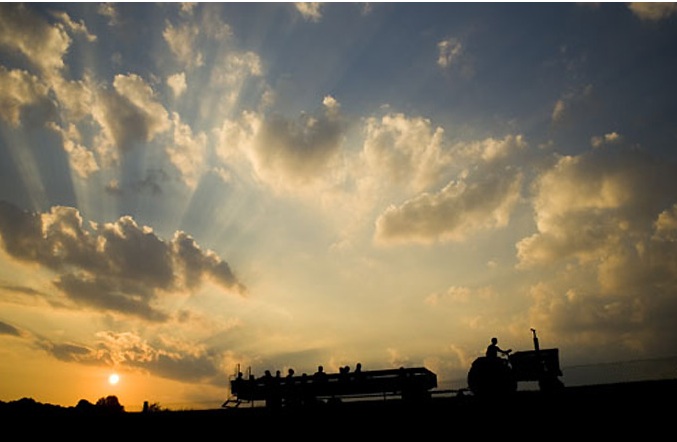
by Polly Hollar Pauley I recently read that Japanese ceramic artists think that an item that has suffered damage becomes more beautiful, and that when
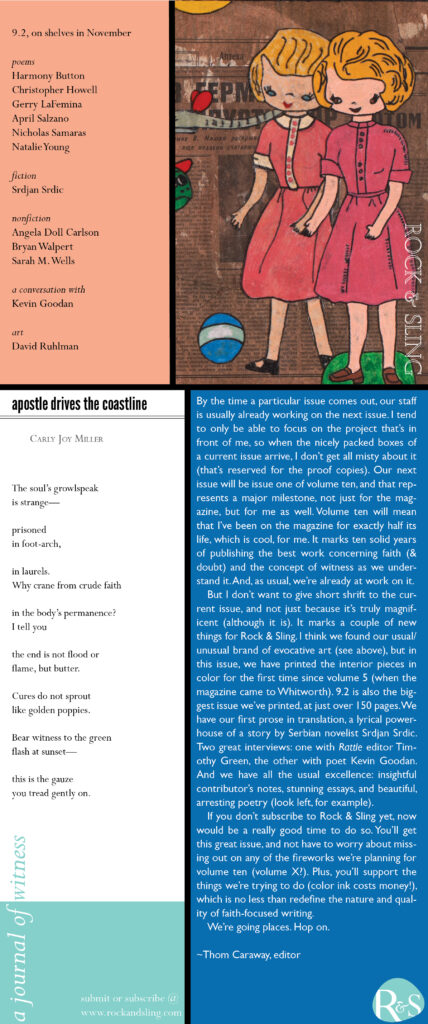
by Holli Steinmetz David Ruhlman has a Bachelor of Fine Arts in Art History from the University of Utah. His work has been featured in over 20
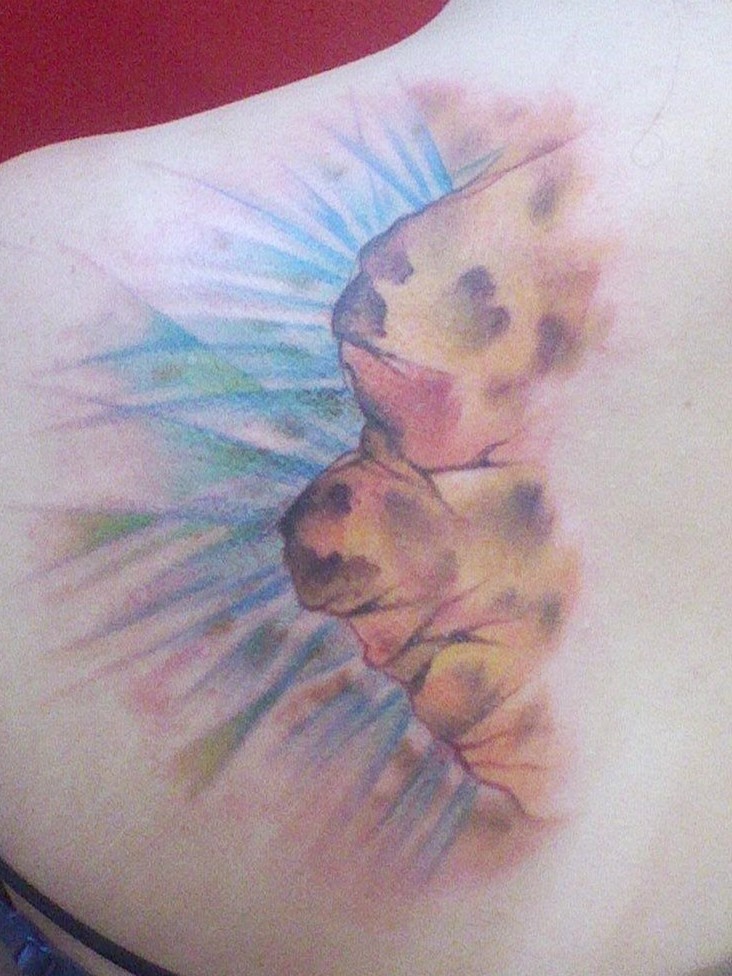
by Jackie Wallace When I was seventeen, I read a book called Paper Towns, by John Green. You may have heard of it due to

by Rebekah Bresee Ashley Roach-Freiman wrote “Red Bird Elegy” and “poem with a line by andrew freiman,” which appear in Rock & Sling 9.2. She is
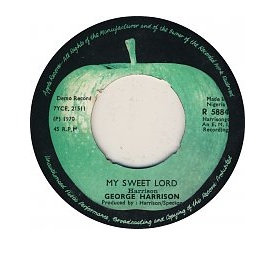
by Sunni Brown Wilkinson The care center smelled on par with all the others I’d ever been in: musty and antiseptic with a passing breeze
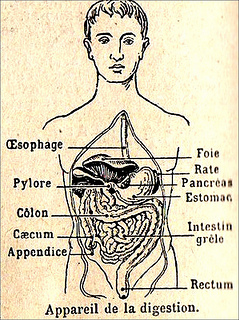
by Andy Zell Let’s talk about Doubting Thomas. First off, he’s got a branding problem: he’s forever known as a doubter. He can never simply
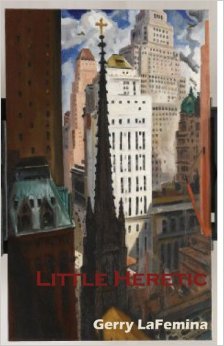
by Kyler Lacey Gerry LaFemina is a graduate of Sarah Lawrence College with an MFA from Western Michigan University. He writes poetry and fiction and
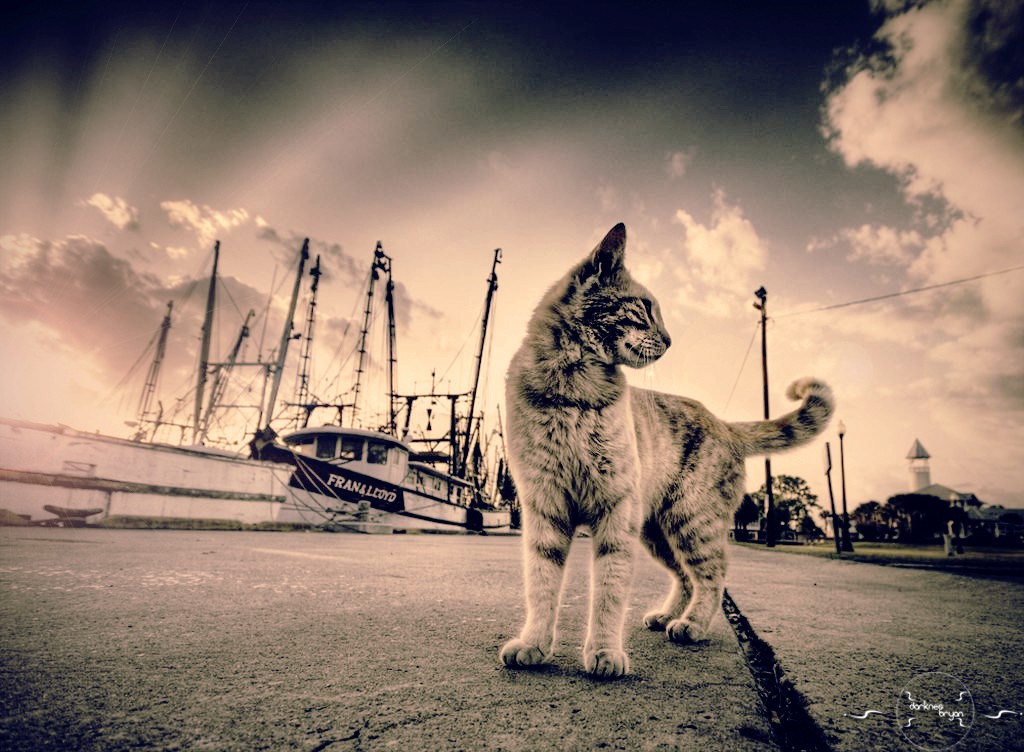
by T.J. Pancake “Any dog under fifty pounds is a cat, and cats are pointless.” – Ron Swanson It seems that in the world of
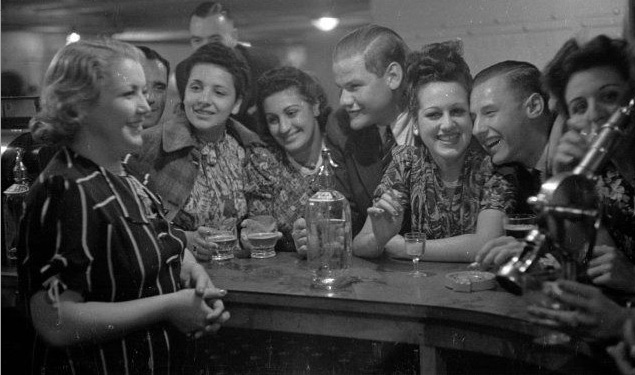
by Karissa Knox Sorrell In his poem “Ode to the Unbroken World, Which is Coming,” Thomas Lux wrote: It must be coming, mustn’t it? Churches
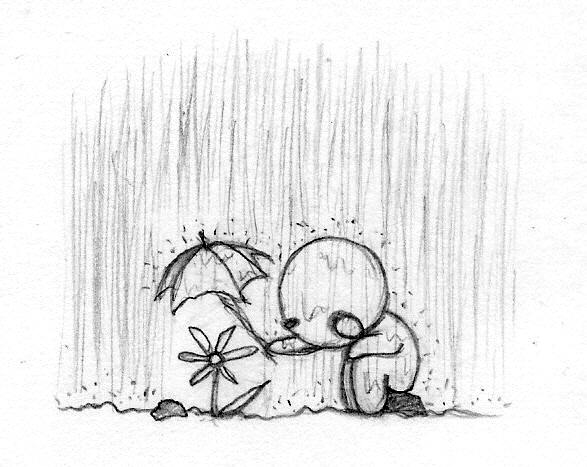
by Amy Hendricks What makes someone kind? Do they wear fuzzy sweaters and bake chocolate chip cookies all year round? Do they help you move
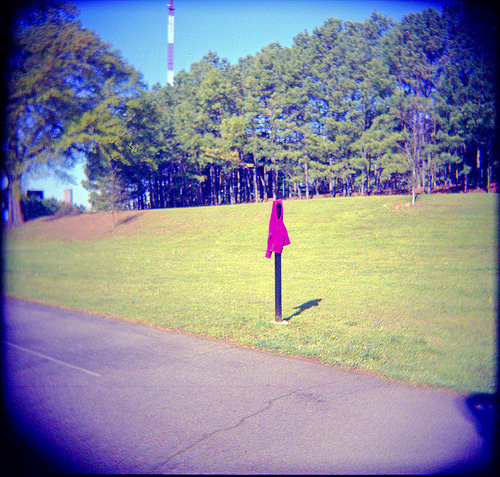
by Doug Sugano In my mind, this post is about a red hoodie. You may disagree, but it’s my post. My wife, Linda, and I
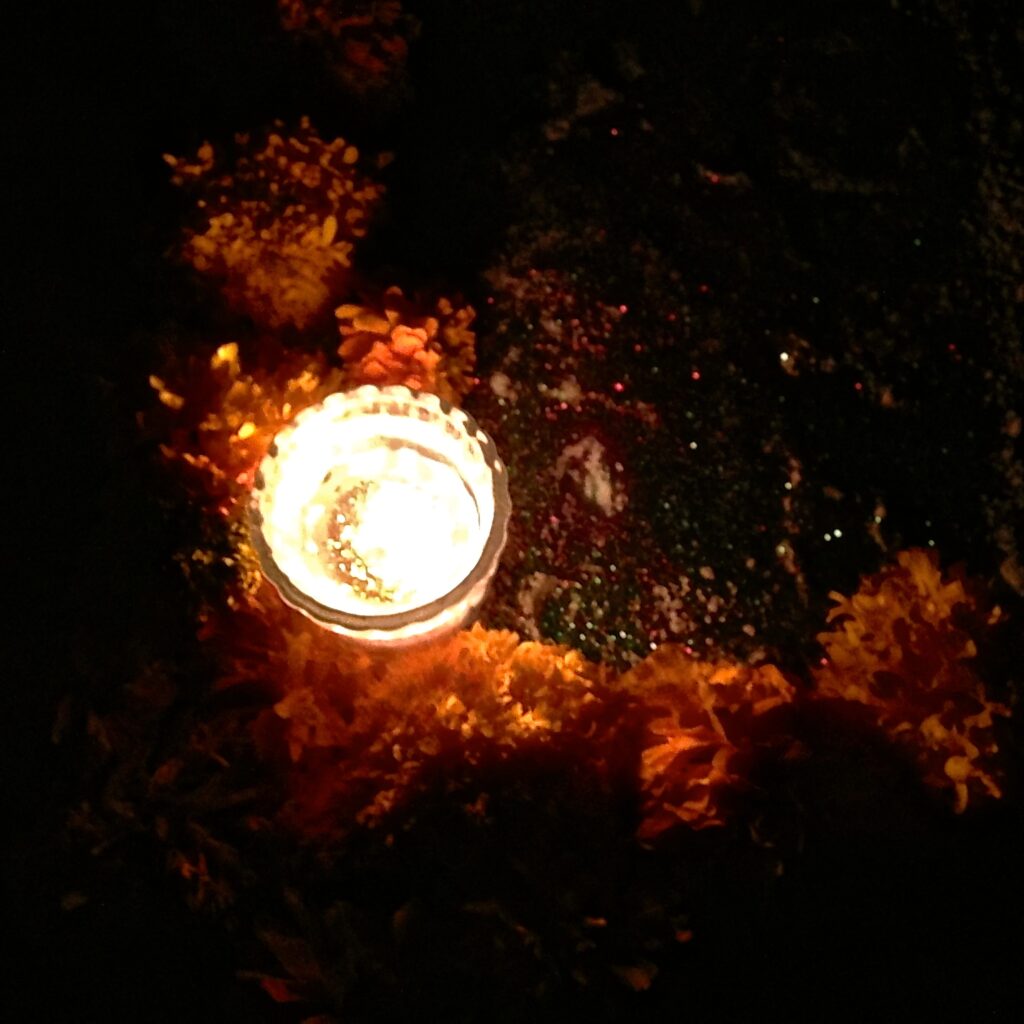
by Leah Silvieus In Xoxocotlán Cemetery tonight, the night before El Día De Los Muertos, life and death sit vigil together: families picnic while setting
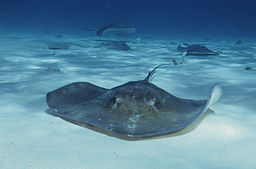
by Tania Runyan Last weekend the “if-I-were-to-get-a-tattoo” topic came up again, this time among members of the church worship team, many of whom sport whirling
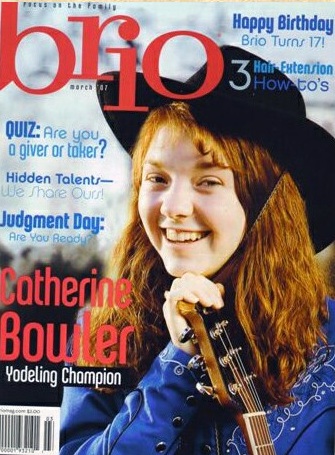
by Megan Hershey The first time I saw a Brio magazine was during a sleep-over at my friend Jolynn’s house. I was 12 and the magazine felt
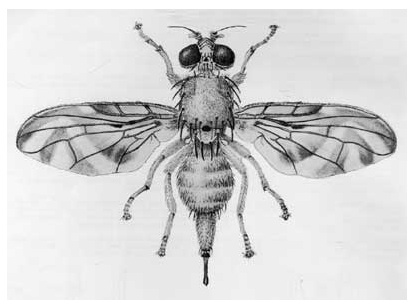
by Kathryn Smith First, Marion insists I take her peaches. A few weeks later, the pears start falling, and Meredith and Blake hand me bags
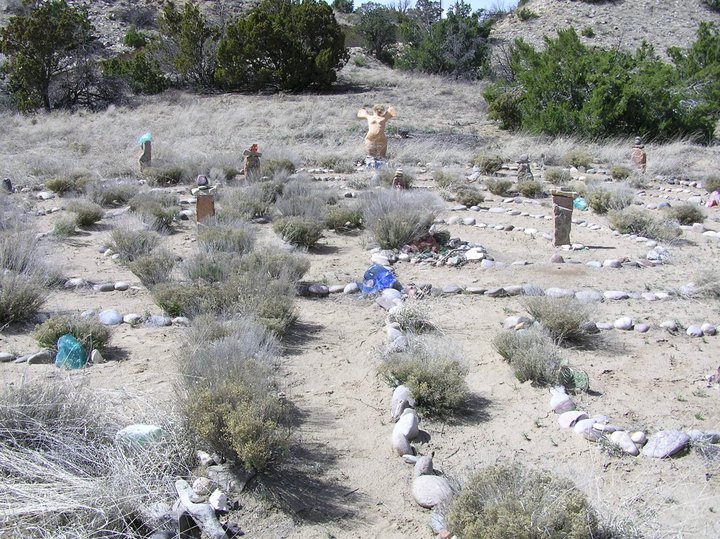
by Laura Reber Her prophecy seemed a bit dramatic, but I noted it in my journal anyway, as Lord knows I needed some help with
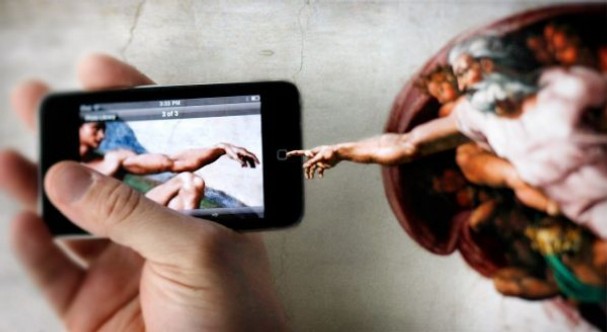
by Ryan Stevens The word “twitter” used to exist exclusively as a playful way to describe the series of high pitched sounds created by a
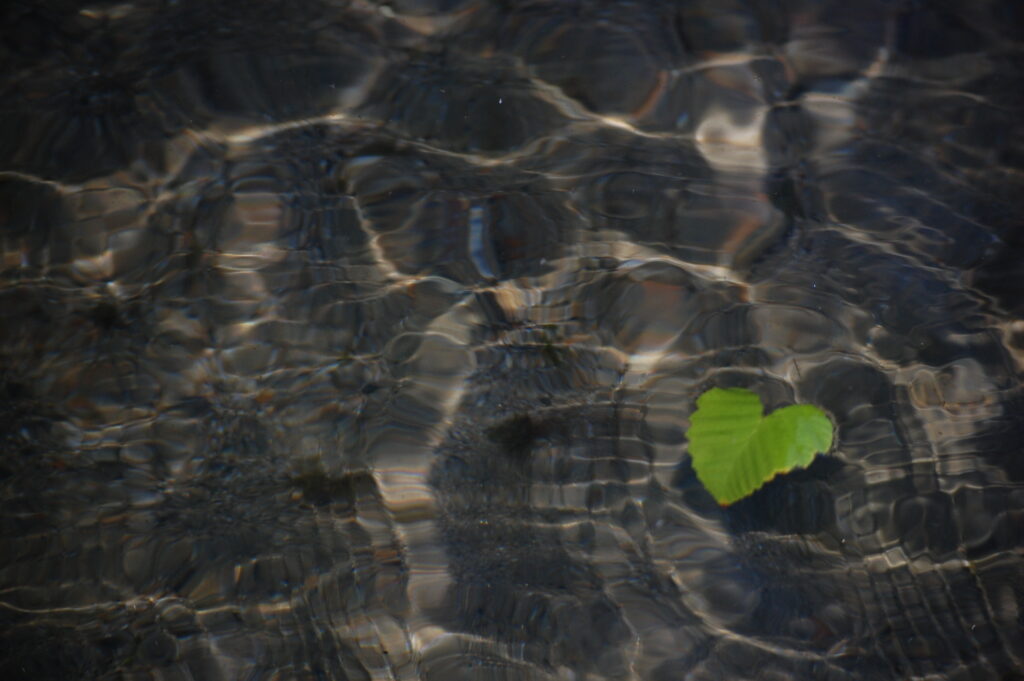
by Jacquelyn Barnes I live in the collision between slowing down and being ambitious, between experiencing and interpreting, where freedom meets commitment. I believe in
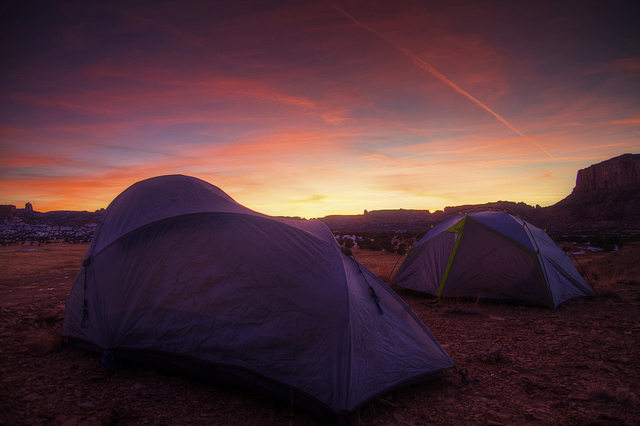
by Karissa Knox Sorrell I live in a world where people pitch tents all time. I see them in their tents every day on Facebook,
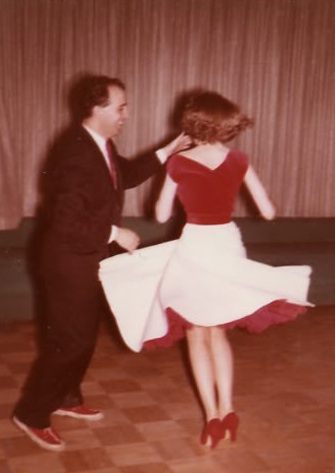
by Shannon McKee I’m not sure when it was that I stopped dancing. Not with a company or with a performance group or in clubs,
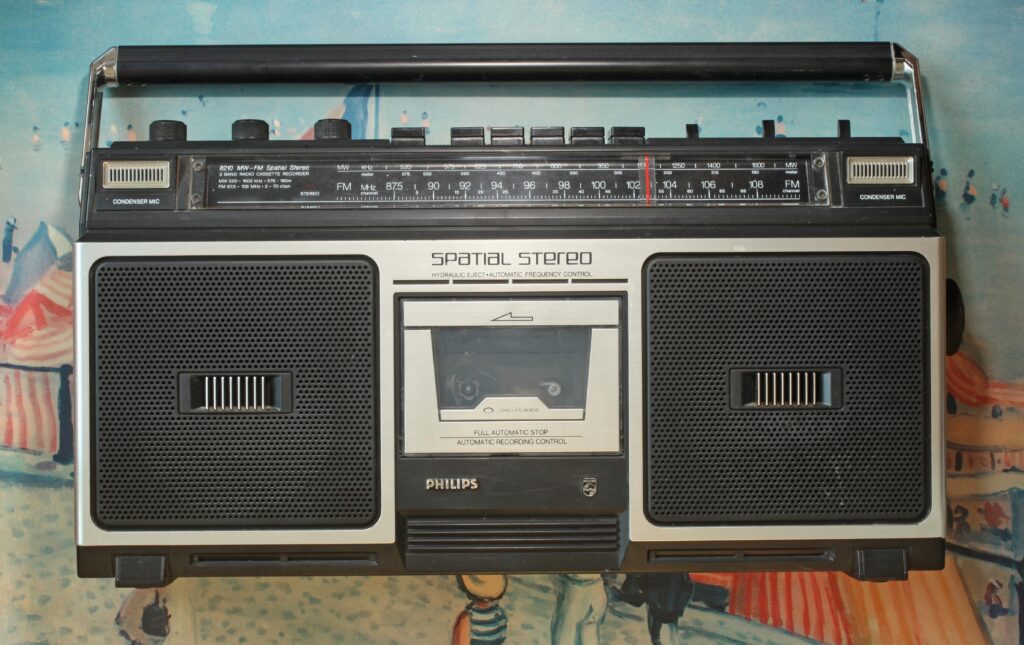
by Heather Caliri I was a junior in college when my Bible study leader, Tina, recommended that I memorize Scripture. She pulled out a card
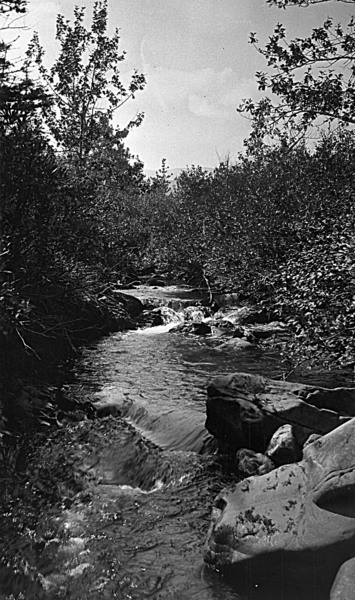
by Liz Mitchell One of my favorite authors, Wendell Berry, said, “The impeded stream is the one that sings.” I’ve been thinking about the dimensions
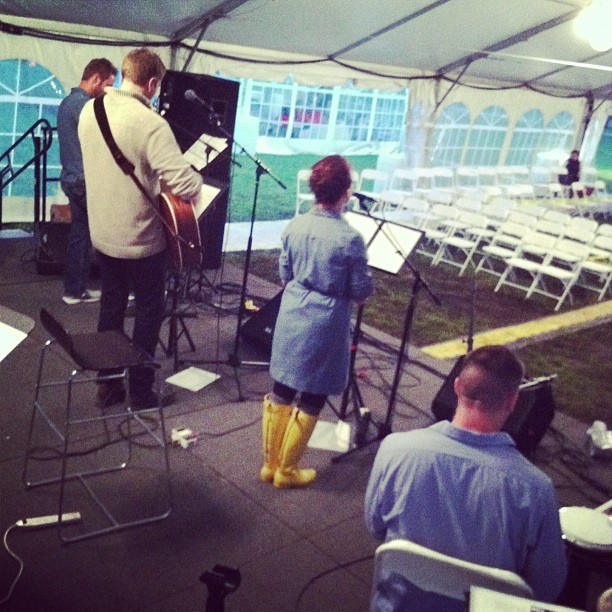
by Morgan C. Feddes church \‘chərch\ n. 1 : a building for public and especially Christian worship 2 : the clergy or officialdom of a
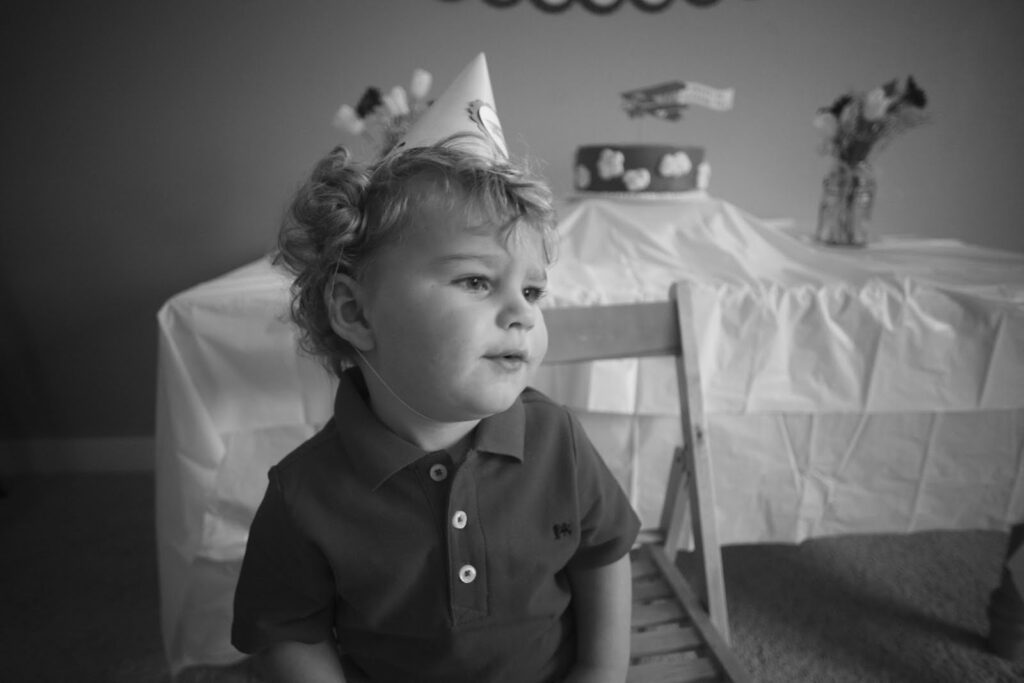
by Polly Hollar Pauley On my son’s seventh birthday this summer, we breakfasted out, per his request, and then spent five hours at a local
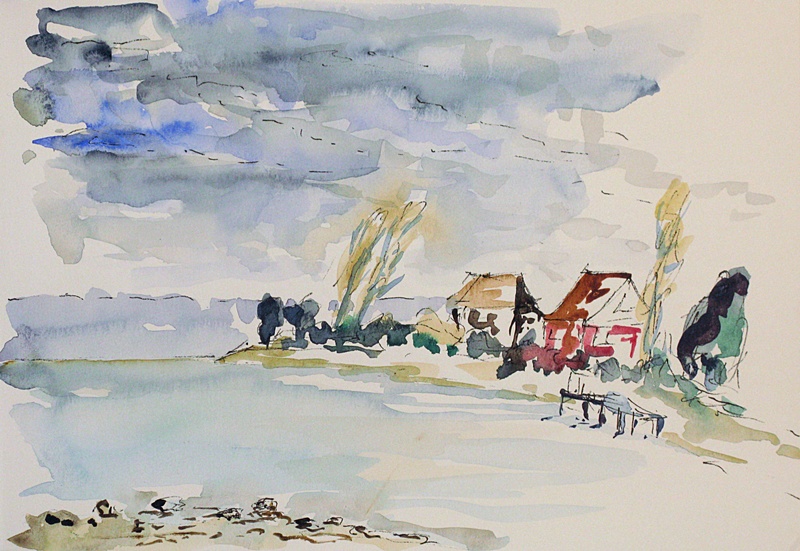
by Caroline J. Simon I sit cross-legged on the ground by the lake at Oxbow, painting the stump in front of me. I capture the
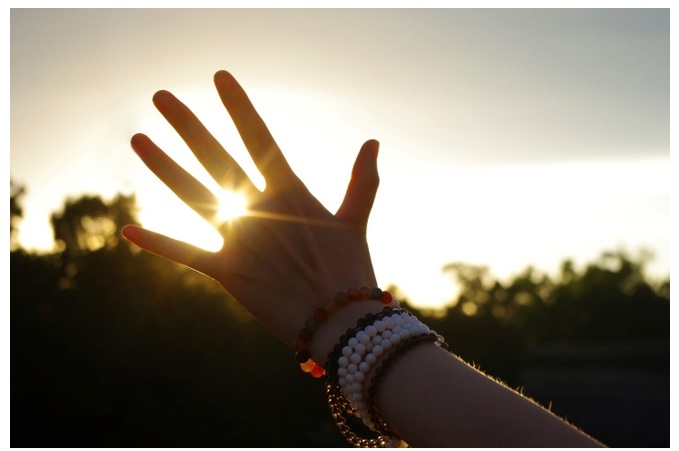
by Erica Salkin There’s a growing body of research about media and religion that suggests reporters struggle to cover issues involving faith. Some say it’s
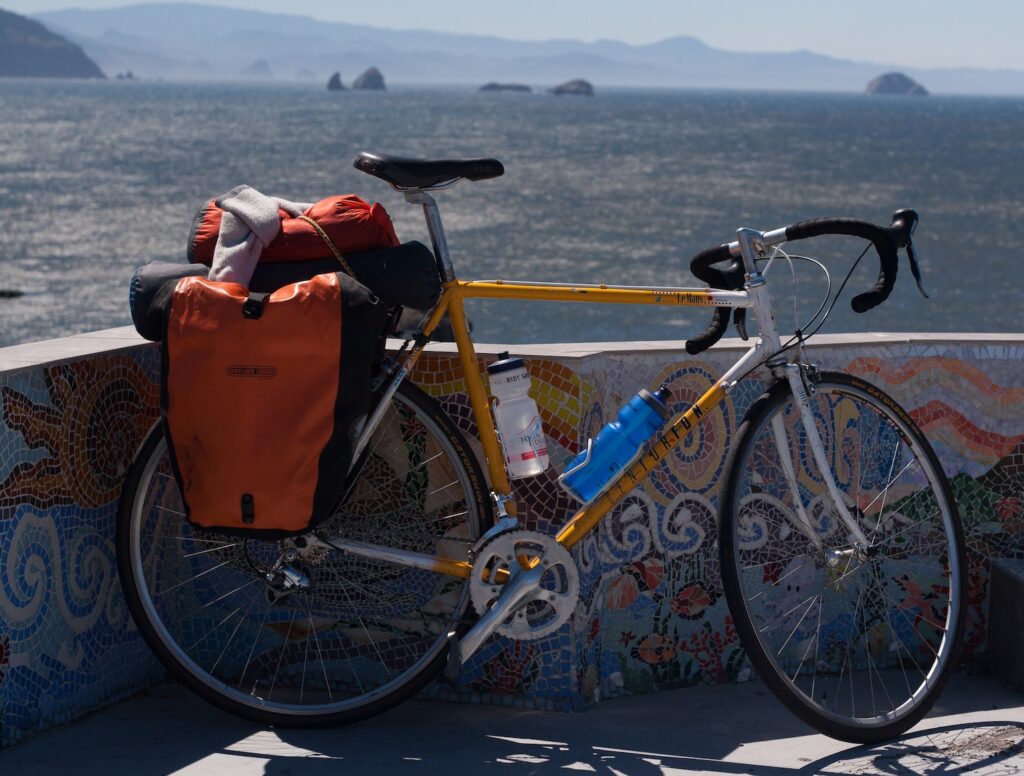
by Corey Zalewski I slept in the middle most nights, Jeff on my left and Monte on my right. This night was no different until